
Fellows of the American College of Medical Toxicology (FACMT)
Quick Info:
Application Deadline for 2026 Cohort:
September 1st, 2025
Announcement and Recognition
Applicants will be notified of their status in late 2025. FACMT inductees will be recognized at the ACMT Annual Scientific Meeting in Boston in March of 2026. It is expected that inductees will attend the live meeting for the induction ceremony.
Questions?
Contact membership@acmt.net
Certified Fellows of the College (FACMT)
Physicians who are full members of ACMT and apply for fellow status in the College (FACMT) are evaluated by a subcommittee of the Membership Committee. Criteria includes significant involvement in the practice, research, and teaching of medical toxicology, as well as contributions in poison center medical affairs, public service, and service to the College. If these rigorous criteria are met, the subcommittee recommends to the Board of Directors and the membership of the College that the application be approved and the member granted the honor of recognition as a Fellow of the College (FACMT).
Applicants must be:
-A current active Full, International, or Emeritus ACMT member
-A Full, International, or Emeritus ACMT member in good standing for at least the last 4 years
Applicants must meet criteria in at least two of the following categories.
-Clinical practice
-Research
-Formal teaching
-Public service
-Service to the college
Applicants must submit two letters of recommendation:
-From active Full, International, or Affiliate ACMT members
-Hand-signed or digitally signed
-At least one letter recommended (but not required) from someone with FACMT status
The application process will be initiated by the member, and does not require nomination. The application steps and corresponding guidelines are as follows:
- Submit Application: Complete the application by September 1, 2025.
- Provide Documentation: Detail contributions that demonstrate exceptional service to the College and other areas of distinction as listed above.
- Letters of Recommendation: Submit two letters of recommendation from ACMT members. At least one letter from a current FACMT member is encouraged but not required. Letters should be emailed to membership@acmt.net.
- Committee Review: Applications will be reviewed by the Membership Committee. Approval requires a two-thirds majority vote of the Committee members present.
- Board Approval: Upon Committee recommendation, the Board of Directors will review and provide final approval.
Fellow Inductee Bios by Year
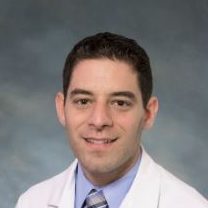
David Goldberger, MD, FACMT
Dr. David Goldberger earned his medical degree from the University at Buffalo in Buffalo, NY. He completed his residency in Emergency Medicine at Upstate Medical University in Syracuse, NY, followed by a fellowship in Medical Toxicology at Hahnemann University Hospital in Philadelphia, PA.
Dr. Goldberger serves as the Program Director for the Medical Toxicology Fellowship and as a Clinical Assistant Professor of Emergency Medicine at Jefferson Einstein Hospital in Philadelphia, PA. He has been an active member of ACMT since 2015, contributing his expertise in both medical toxicology and emergency medicine.
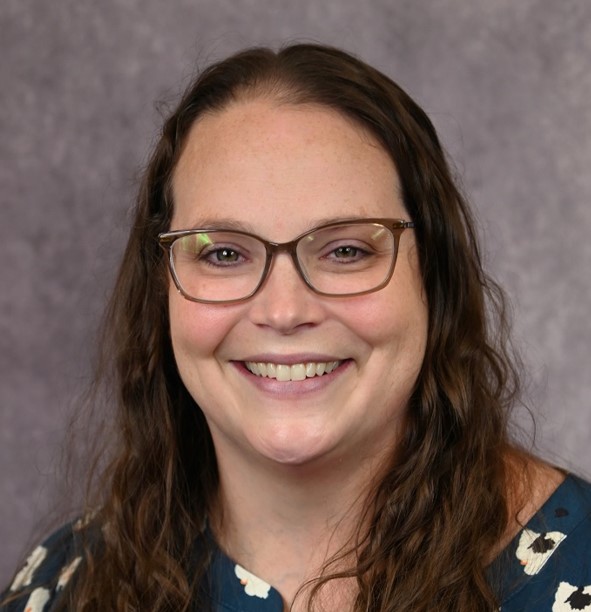
Michelle Hieger, DO, FACMT
Dr. Michelle Hieger earned her Doctor of Osteopathic Medicine degree and a master’s degree from Kansas City University in Kansas City, MO, after completing her undergraduate studies at Newman University in Wichita, KS. She completed her residency in Emergency Medicine at Memorial Hospital in York, PA, and a fellowship in Medical Toxicology at Virginia Commonwealth University in Richmond, VA.
Currently, Dr. Hieger is an Emergency Physician, Core Faculty member, Medical Toxicologist, and Addictionologist at WellSpan York Hospital in York, PA, where she also serves as the Director of the Division of Medical Toxicology. In addition to her clinical roles, she holds an academic appointment as Assistant Professor in the Department of Emergency Medicine at Drexel University College of Medicine in Philadelphia, PA.
An active member of ACMT since 2012, Dr. Hieger contributes to the association as a member of the Education Committee and is passionate about advancing medical toxicology education and practice.
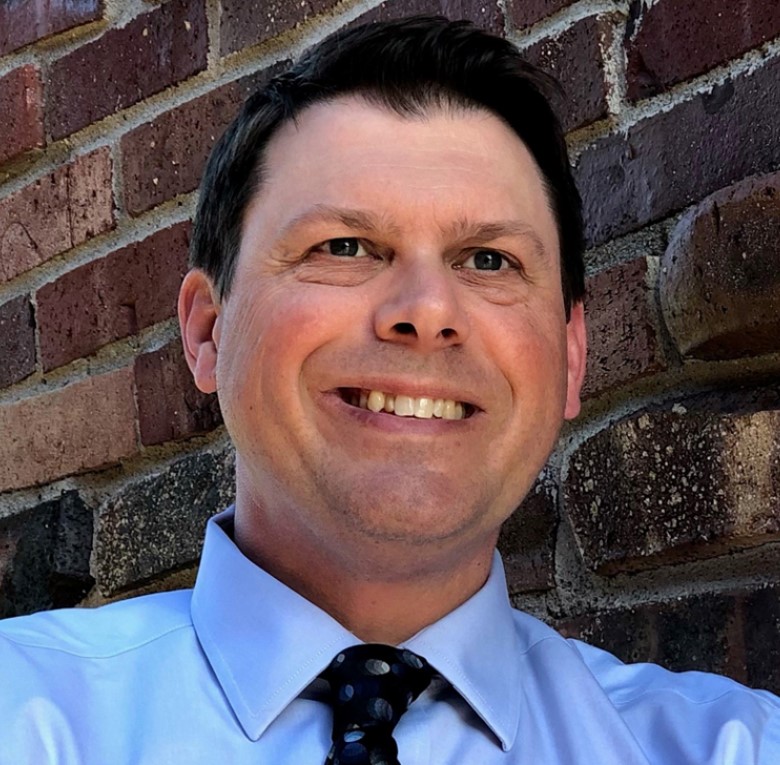
Michael Kinnan, MD, FACMT
Dr. Michael Kinnan earned his BA in Mathematics and Physiology from the University of Minnesota, Twin Cities. He completed his medical degree at the University of Minnesota Medical School, followed by residency at HealthPartners Institute in Family and Community Medicine. He also completed a Medical Toxicology Fellowship at HealthPartners Institute.
Dr. Kinnan currently serves as the Medical Director of Human Toxicology at SafetyCall International and as a Medical Toxicology Consultant at the Minnesota Regional Poison Center. Additionally, he is an Emergency Department Physician at New Ulm Medical Center and an Emergency Department Attending Physician at the VA Medical Center in Minneapolis.
Dr. Kinnan is also the sole proprietor of Michael Kinnan, MD Medical Toxicology Consulting and is board-certified in Medical Toxicology, Addiction Medicine, Family Medicine, and Emergency Medicine.
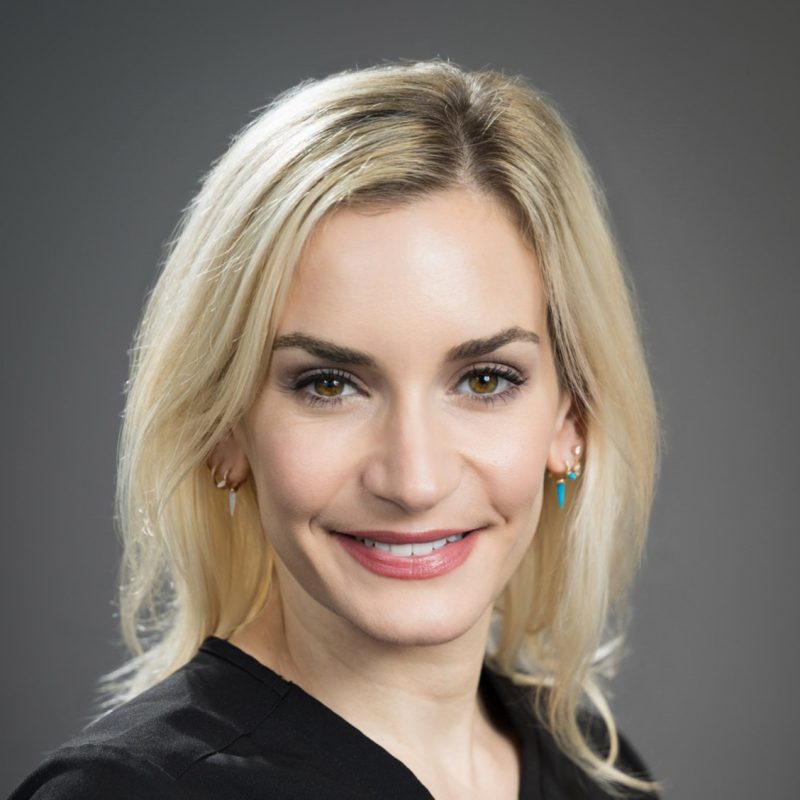
Shana Kusin, MD, FACMT
Dr. Shana Kusin earned her medical degree from Washington University in St. Louis, completed her residency in Emergency Medicine at Northwestern Memorial Hospital in Chicago, and pursued a fellowship in Medical Toxicology at Oregon Health and Science University (OHSU)/Oregon Poison Center.
Currently, Dr. Kusin is an Associate Professor of Emergency Medicine and Clinical Toxicology at OHSU. She serves in several key leadership roles, including Director of Toxicologic Education for the OHSU Emergency Medicine Residency, Medical Director of the Emergency Department Observation Unit, and Director of Physician Scheduling for the OHSU Emergency Department across its four sites.
An ACMT member since 2011, Dr. Kusin has been actively involved in the ACMT Abstract Mentor Program since 2022 and has served as the Program’s Chair since 2023. She is passionate about advancing toxicology education and mentoring the next generation of medical toxicologists.
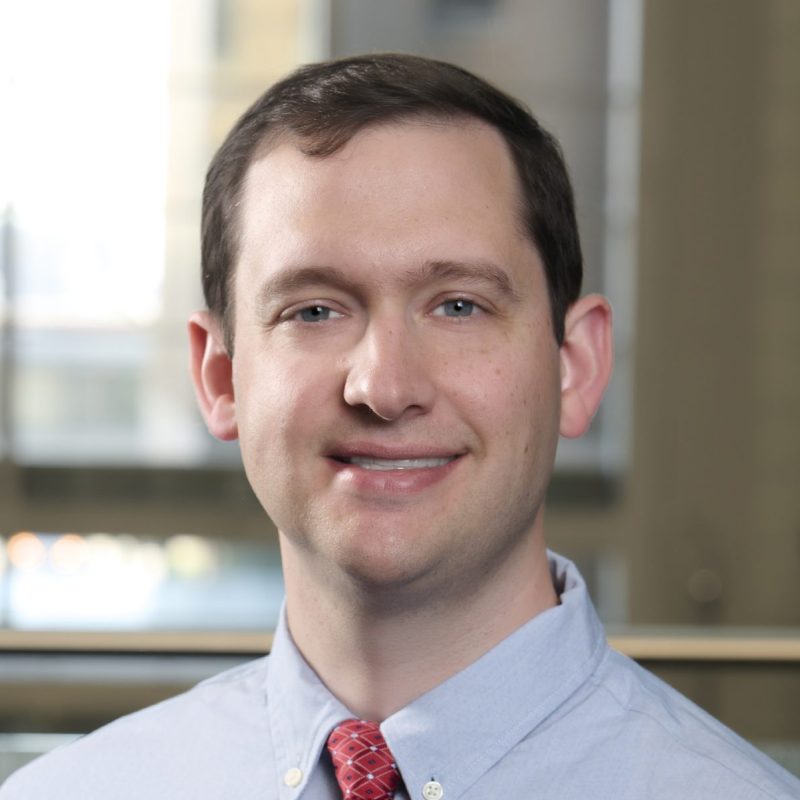
David Liss, MD, FACMT
Dr. David Liss earned his medical degree from the University of Illinois College of Medicine. He completed his residency in Emergency Medicine at Barnes-Jewish Hospital at Washington University in St. Louis, where he also pursued a fellowship in Medical Toxicology. Currently, Dr. Liss serves as the Director of the Division of Medical Toxicology and Fellowship Director for Medical Toxicology at Washington University in St. Louis. He holds the academic title of Associate Professor of Emergency Medicine.
An active member of ACMT since 2015, Dr. Liss has contributed to the association in numerous capacities, including serving as an ACMT ANTIDOTE fellow and mentor, a six-year abstract reviewer for the Annual Scientific Meeting (ASM), and a moderator of lightning oral abstracts for ASM 2024. He also served as a judge for the Shark Tank session at ASM 2023.
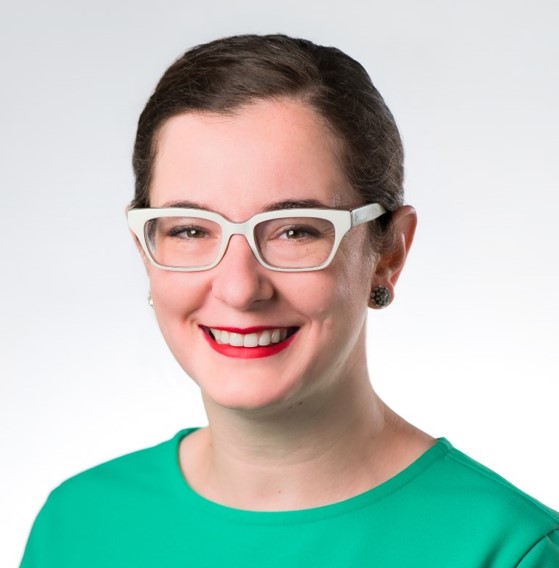
Zhanna Livshits, MD, FACMT
Dr. Zhanna Livshits earned her medical degree from the University of California, Irvine School of Medicine. She completed her residency in Emergency Medicine at Johns Hopkins Hospital and pursued a fellowship in Medical Toxicology at the New York City Poison Control Center/NYU Grossman School of Medicine.
Dr. Livshits currently serves as an Attending Physician in the Department of Emergency Medicine at the University of California, San Francisco (UCSF). She holds the academic title of Clinical Professor in Emergency Medicine and Medical Toxicology at UCSF. Additionally, she is the Fellowship Director for the UCSF Medical Toxicology Fellowship and the Assistant Medical Director of the California Poison Control System, San Francisco Division.
An ACMT member since 2009, Dr. Livshits is dedicated to advancing medical toxicology through her leadership roles in education, clinical practice, and poison control services.
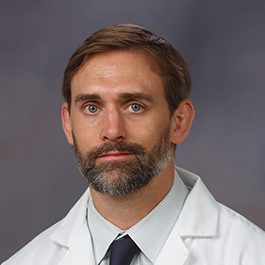
Michael Marlin, MD, FACMT
Dr. Michael Marlin joined ACMT in 2015. He completed his residency in Emergency Medicine at the University of Mississippi Medical Center in Jackson, MS, and went on to complete a Medical Toxicology Fellowship at Rocky Mountain Poison & Drug Safety in Denver, CO.
Dr. Marlin currently serves as an Associate Professor of Emergency Medicine at the University of Mississippi Medical Center. He is also the Medical Director of the Mississippi Poison Control Center. In addition to his clinical work, Dr. Marlin is involved in research as a Site Investigator for FACT, DOTS, and toxIC.

Nathan Menke, MD, PhD, FACMT
Dr. Nathan Menke earned his medical degree from The Ohio State University Medical School in Columbus, OH, and completed his residency in Emergency Medicine at VCU Medical Center in Richmond, VA. He went on to complete a fellowship in Medical Toxicology at the University of Pittsburgh Medical Center.
Dr. Menke currently serves as a Clinical Assistant Professor at the University of Michigan in Ann Arbor, MI. He has been an active member of ACMT since 2011, contributing his expertise in both clinical and academic settings to the field of medical toxicology.
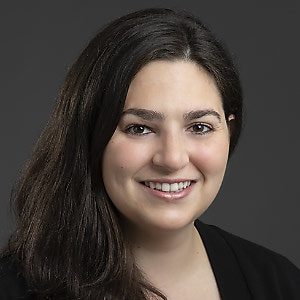
Jenna Nikolaides, MD, FACMT
Dr. Jenna Nikolaides earned her medical degree from Northwestern University Feinberg School of Medicine. She completed her residency in Emergency Medicine at the University at Buffalo, followed by a fellowship in Medical Toxicology with the Toxikon Consortium. Dr. Nikolaides also pursued an international research fellowship in toxicology at the University of Edinburgh.
Dr. Nikolaides is an Assistant Professor of Emergency Medicine, Medical Toxicology, and Addiction Medicine at Rush University Medical Center in Chicago, IL. She serves as the Director of the Substance Use Intervention Team and as the Director of Medical Toxicology at Rush. She has been a member of ACMT since 2014 and continues to contribute to both clinical and academic advancements in the field of medical toxicology.
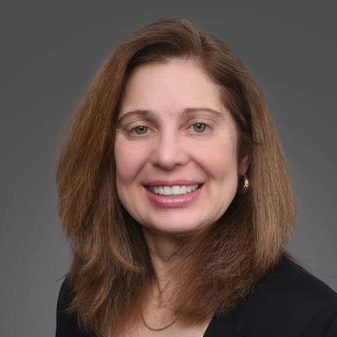
Katherine Prybys, DO, FACMT
Dr. Katherine Prybys has been a member of ACMT since June 2013. She completed her Emergency Medicine residency at Allegheny General Hospital and went on to complete a Medical Toxicology Fellowship at the University of Cincinnati.
Dr. Prybys is an Assistant Professor in the Department of Emergency Medicine at the University of Maryland School of Medicine. She serves as a Medical Toxicologist Physician Consultant for both the University of Maryland Medical Center Inpatient Toxicology Service and the Maryland Poison Center, both located in Baltimore, MD.
Outside of her professional work, Dr. Prybys is a wife, mother, and avid skier.
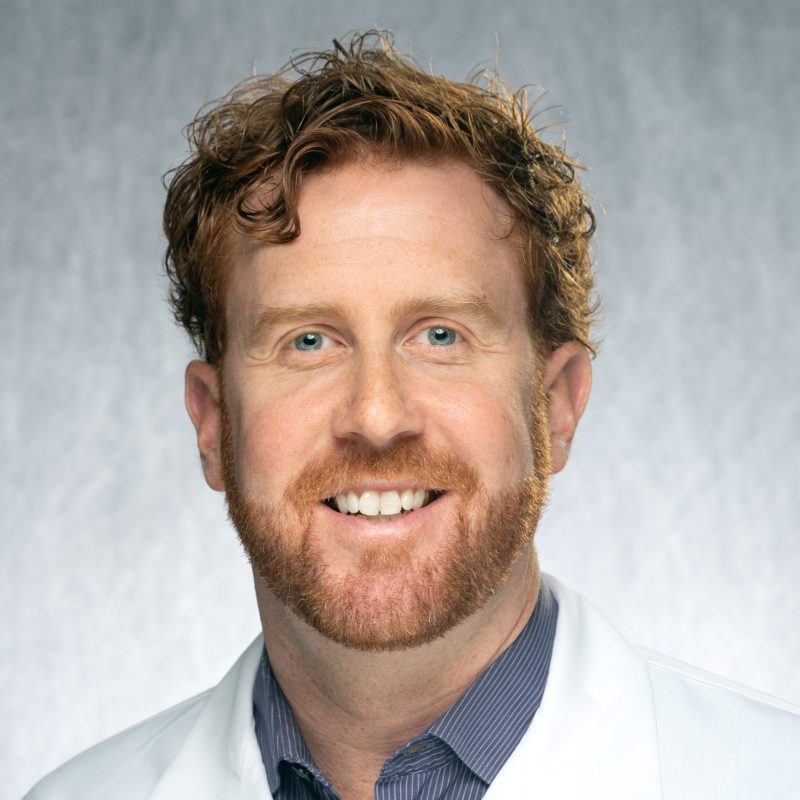
Joshua Radke, MD, FACMT
Dr. Joshua Radke completed his residency and fellowship in Medical Toxicology at the University of California, Davis Medical Center in Sacramento, CA. He is currently a Clinical Associate Professor in the Department of Emergency Medicine, Division of Medical Toxicology, at the University of Iowa Health Care in Iowa City, IA. Dr. Radke also serves as the Program Director for the Medical Toxicology Fellowship at the University of Iowa Health Care.
An active member of ACMT since 2014, Dr. Radke continues to contribute to the advancement of medical toxicology through his leadership in education and clinical practice.
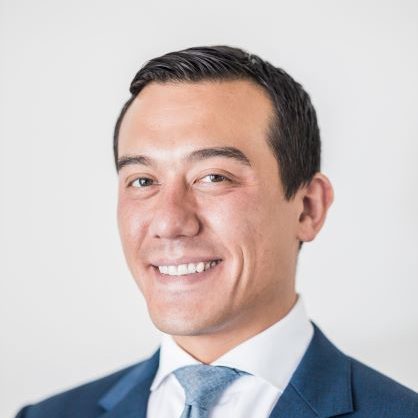
Daniel Repplinger, MD, FACMT
Dr. Daniel Repplinger earned his medical degree from the University of Wisconsin School of Medicine and Public Health. He completed his residency in Emergency Medicine at UCSF/San Francisco General Hospital, followed by a fellowship in Medical Toxicology at NYU/New York City Poison Control Center. Currently, Dr. Repplinger serves as the Medical Safety Director and Safety Strategy Leader for Early Development Safety at Genentech in San Francisco, CA. He also holds a clinical appointment as Volunteer Clinical Faculty at UCSF/San Francisco General Hospital. An active member of the ACMT Industry Section, Dr. Repplinger has been a dedicated member of the association since 2014.
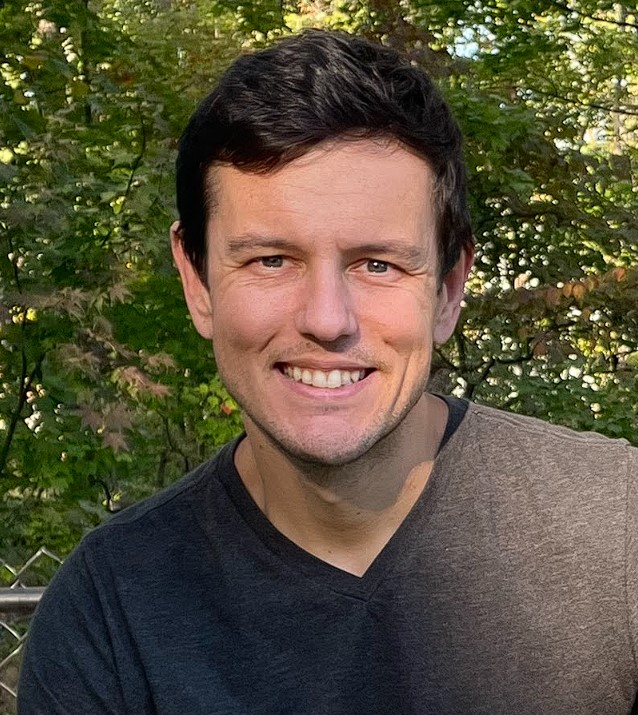
Justin Rizer, MD, FACMT
Dr. Justin Rizer earned his medical degree from the University of South Florida Morsani College of Medicine. He completed his residency in Emergency Medicine at the University of Virginia, where he also pursued a fellowship in Medical Toxicology.
Dr. Rizer currently serves as a Clinical Instructor of Medical Toxicology at the University of Virginia and works with the Blue Ridge Poison Center. He has been a member of ACMT since 2014, contributing to the field of medical toxicology through his clinical and educational roles.
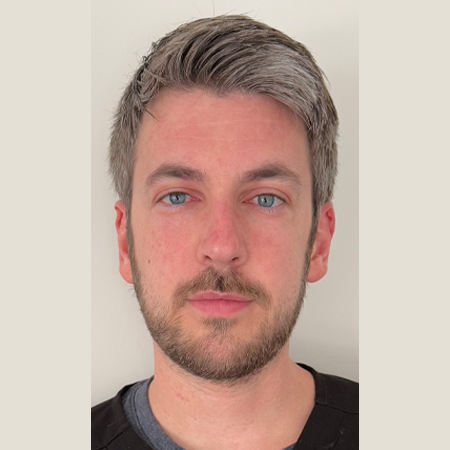
Ryan Surmaitis, DO, FACMT
Dr. Ryan Surmaitis earned his medical degree from Nova Southeastern College of Osteopathic Medicine. He completed his Emergency Medicine residency at Lehigh Valley Health Network and a fellowship in Medical Toxicology at Drexel University College of Medicine. Currently, Dr. Surmaitis is an attending physician at Lehigh Valley Health Network in Allentown, PA, where he serves as the Medical Director of Acute Care Substance Use Prevention and Management. He is also the Assistant Program Director for the Medical Toxicology Fellowship at Lehigh Valley Health Network and an Assistant Professor at the University of South Florida Morsani College of Medicine. Dr. Surmaitis has been an active member of ACMT since 2016.
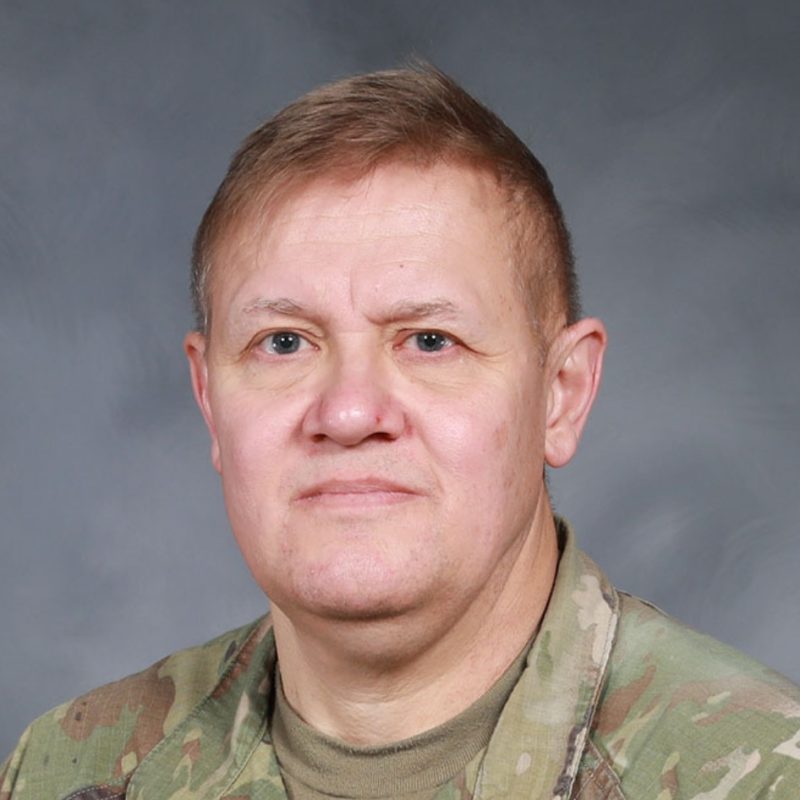
Devin Wiles, DO, MTM&H, FACMT
Dr. Devin Wiles earned his Doctor of Osteopathic Medicine degree from Kentucky College of Osteopathic Medicine. He completed his residency in Occupational Medicine through the National Capital Consortium at Walter Reed Medical Center, followed by a fellowship in Preventive Medicine at the Walter Reed Army Institute of Research. He then pursued a fellowship in Medical Toxicology at Ohio State University and Nationwide Children’s Hospital.
Dr. Wiles currently serves as the Chief of Clinical Education at the United States Army Institute of Chemical Defense. He has been a member of ACMT since 2015 and contributes to the field of medical toxicology through his leadership and educational roles.
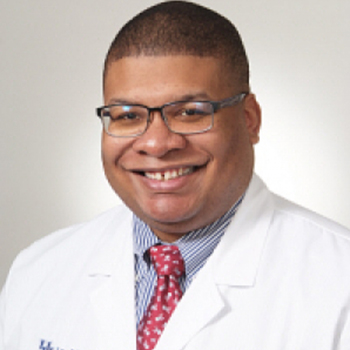
Peter Akpunonu, MD, FACMT
Dr. Peter Akpunonu earned his medical degree from the University of Toledo College of Medicine and completed his Emergency Medicine residency at the University of Kansas Hospital. He went on to complete a fellowship in Medical Toxicology at Oregon Health and Science University in Portland, Oregon. Currently, he is an associate professor of Emergency Medicine at the University of Kentucky and is the medical director of the KY Poison Control Center. He is the medical director for Toxicology and Hyperbarics at the University of Kentucky. He is also the site director for the Radiation Injury Treatment Network. In addition to his teaching and clinical responsibilities, he is interested in medical toxicology and further research opportunities to explore opioid use treatment options.

Musa Alfaifi, MD, FACMT
Dr. Musa Suliman Alfaifi is a leading figure in both emergency medicine and medical toxicology in Saudi Arabia. He currently holds the position of program director for the Saudi Board of Emergency Medicine in the Armed Forces Hospital Southern Region (AFHSR). His credentials include an MD from King Khalid University, followed by residency training in emergency medicine from National Guard Hospital, Riyadh, and a fellowship in medical toxicology from Emory University.
Dr. Alfaifi’s dedication extends beyond clinical practice. He is a pioneer in emergency medicine education, having established the first Saudi Board of Emergency Medicine in the southern region and the leader of the medical toxicology fellowship foundation group in Saudi Arabia and co-founder of the arab board of Medical Toxicology program. He is actively involved in research, with a diploma in clinical research from Harvard and numerous publications on snakebite envenomation, toxicology, and emergency medicine. His expertise is further recognized through his role as a peer reviewer in the toxicology communication journal and his authorship of the chapter on snakebite in the MENA region for a relevant medical textbook.
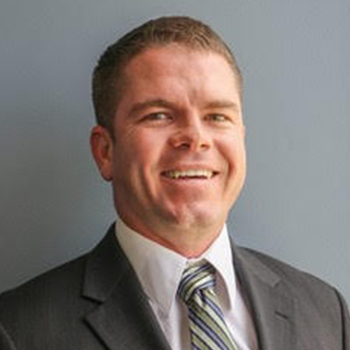
Nicklaus Bradehoff, MD, FACMT
Dr. Nicklaus Brandehoff is board-certified in emergency medicine, medical toxicology, and addiction medicine with a passion for herpetology and a specialization in the research and treatment of envenomations. He received his Doctorate of Medicine from the University of California San Francisco, completed residency in Emergency Medicine at UCSF-Fresno, and subsequently went on to complete a Medical Toxicology Fellowship at the Rocky Mountain Poison and Drug Center.
Dr. Brandehoff practices emergency medicine and medical toxicology in both Colorado and California. He has an appointment as Assistant Clinical Professor of Emergency Medicine at the University of Colorado School of Medicine, is faculty at the Rocky Mountain Poison and Drug Center and Denver Health. He is also the executive director of the Asclepius Snakebite Foundation, a 501(c)3 non-profit, that focuses on improving snakebite education and management in West Africa. He has won numerous awards as an educator and published multiple articles and book chapters on the subject of envenomations.
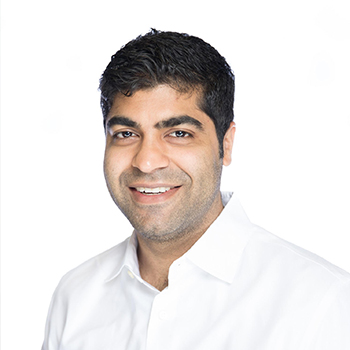
Neeraj Chhabra, MD, MSCR, FACMT
Neeraj Chhabra, MD, MSCR is an Assistant Professor of Emergency Medicine at the University of Illinois Chicago with an appointment in the AI.Health4All Center for Health Equity using Machine Learning and Artificial Intelligence. He is a consulting physician for the Illinois Poison Center, Toxikon Consortium faculty, and a volunteer physician with Cook County Health. He completed his residency in Emergency Medicine at Cook County Health and fellowship in Medical Toxicology at the Toxikon Consortium. He actively practices both Medical Toxicology and Emergency Medicine. He is an NIH-funded researcher in substance use disorders and data science.
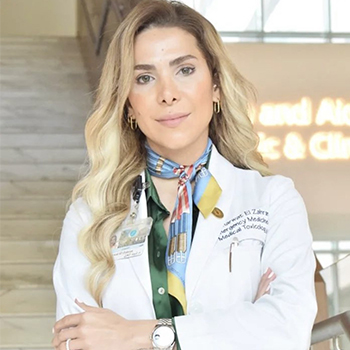
Tharwat El Zahran, MD, FACMT
Dr. El Zahran holds the position of Assistant Professor of Clinical Emergency Medicine and medical toxicologist at the American University of Beirut Medical Center (AUBMC). She obtained her medical doctor degree from the American University of Beirut in 2011 and completed her residency in emergency medicine at AUBMC. Subsequently, she underwent a comprehensive two-year medical toxicology fellowship at Emory University and the Centers for Disease Control and Prevention (CDC). Since August 2018, she has been a full-time faculty member at AUBMC, where she serves as the Medical Director for the emergency department and Co-director of the Toxicology Service within the Department of Emergency Medicine. Additionally, she holds an adjunct assistant professor position within the Department of Medical Toxicology at Emory University in Atlanta, Georgia, USA.
Dr. Zahran is actively engaged in research endeavors, boasting over 30 peer-reviewed publications. Notably, one of her significant research studies examines tianeptine exposures reported to the national poison data system across the United States, published in MMWR. She also contributed during her second-year fellowship at CDC, along her colleagues to an outbreak investigation in Illinois, related to synthetic cannabinoid and vitamin K antagonist brodifacoum, resulting in a co authored publication in MMWR titled “Notes from the Field: Outbreak of Severe Illness Linked to the Vitamin K Antagonist Brodifacoum and Use of Synthetic Cannabinoids – Illinois”. Her diverse research interests and publications encompass studies on lead exposure in children, snake bites in Lebanon, injuries from riot control agents, pufferfish poisoning, trazodone exposures, deanxit use disorder, household product toxicity, incidents related to chemical terrorism, synthetic cannabinoids, alfa-lipoic acid toxicity, and the establishment of toxicology services in resource-limited settings, including reports on adult and pediatric toxicological exposures. Currently, she is involved in a Randomized Controlled Double-Blind Non-Inferiority Trial to evaluate the efficacy of a novel antivenom in treating snake viper envenomations in Lebanon.
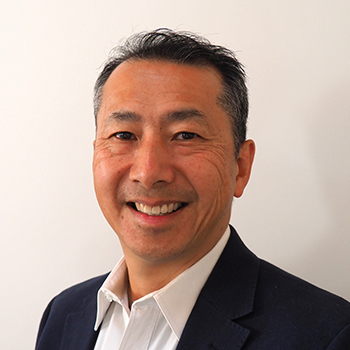
Paul Gee, MD, FACMT
Paul has been working as a Medical Toxicologist associated with the New Zealand National Poisons Centre since 2008. He received his basic Toxicology training with the University of Newcastle, Australia. He is a Clinical Lecturer for the University of Otago Christchurch School of Medicine. He enjoys teaching and publishing research on pediatric poisoning, emerging drugs of abuse and trauma. He is a member of the Toxicology and Poisoning Network Australasia (TAPNA) and also a trustee for the Emergency Care Foundation (NZ).
Paul Gee is an Emergency Physician and Medical Toxicologist. He is a graduate of University of Auckland, New Zealand and completed his physician training for the Australasian College for Emergency Medicine at Christchurch Hospital, New Zealand, where he works currently. He served as Director of Emergency Medicine (Resident) Training there for nine years.
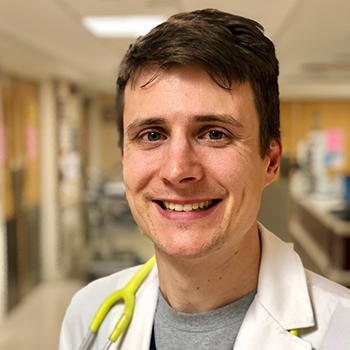
Matthew Griswold, MD, FACMT
Matthew Griswold is an assistant professor of Emergency Medicine at the University of Connecticut School of Medicine and the director of Medical Toxicology at Hartford Hospital. He received his medical doctorate from Boston University School of Medicine and completed his training in Emergency Medicine and Medical Toxicology at the University of Massachusetts. He is core faculty of the UCONN Integrated Residency on Emergency Medicine and also participates with the CT poison control center as a toxicology consultant. Dr. Griswold’s interests.
include medical education, as well as the emergence of novel psychoactive substances and overdose prevention. His research has focused on the identification of experiences of individuals who experience opioid overdose, novel strategies to ascertain fentanyl species among individuals with opioid use and identification of fentanyl analog adulterants. Dr. Griswold also leads medication education efforts in toxicology at the University of Connecticut School of Medicine.
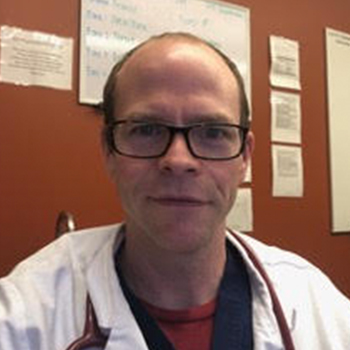
Hallam Gugelmann, MD, FACMT
Hallam Gugelmann is a board-certified medical toxicologist and emergency medicine physician, currently working in biotech in Basel, Switzerland. Hallam completed his residency in emergency medicine at the Hospital of the University of Pennsylvania, where he served as chief resident his fourth year. This was followed by a fellowship in medical toxicology at UCSF. He subsequently worked as an emergency medicine attending at CPMC St Luke’s in San Francisco. During this time he served on and then joined the hospital’s ethics committee, and was a standing member of the pharmacy and therapeutics committee. He served as co-president of the San Francisco Emergency Physicians Association from 2018 to 2021, and was an associate director at the California Poison Control System’s San Francisco branch. In 2019, Hallam began using his toxicology training full-time at Genentech in drug development safety.
In 2021 he and his family moved to Switzerland, where he currently works as a senior medical director in a small biotechnology company in rare liver disease. His drug development experience includes rare diseases, neuroscience and psychiatry, oncology, and early- and late-phase drug development safety. Hallam is also a lecturing professor at the University of Basel in pharmacology and clinical toxicology, and provides medical-legal consultative services through the firm Park Dietz and Associates. In his free time he enjoys skiing, running, and swimming in the Rhein.
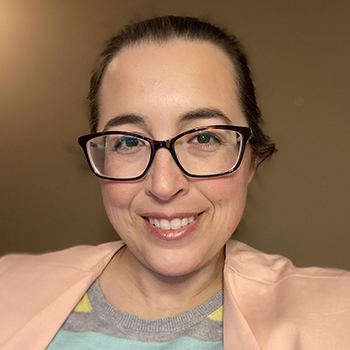
Ashley Haynes, MD, FACMT
Ashley Haynes completed training in a combined emergency medicine-internal medicine program in 2014, and a toxicology fellowship at UTSW in 2016. She has been treating substance use disorders as part of her practice since that time and is board certified in addiction medicine. She currently works for the VA at the Robert J Dole Veterans Medical Center in Wichita, KS, treating patients in a residential treatment center, a suboxone clinic, and performing bedside consults in addiction medicine and medical toxicology. She participates actively in the Addiction Toxicology Committee, as well as ACMT educational efforts. She is currently planning an addiction medicine fellowship program and is a local stakeholder for opioid response activities. She has treated exactly one snakebite since leaving Texas but countless brown recluse envenomations. She lives in Wichita, KS with her husband and 3 children, and spends her free time painting and hiking.
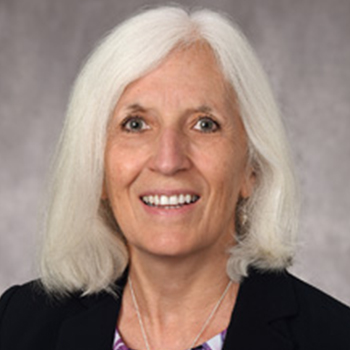
Diane Hindman, MD, PharmD, FACMT
Dr. Hindman is a Board-Certified Pediatrician and Medical Toxicologist, and Registered Pharmacist. She is a Clinical Assistant Professor at the University of Arizona College of Medicine Phoenix and at the University of Arizona College of Pharmacy Tucson. She works as an Attending Physician in the Emergency Department (ED) at Phoenix Children’s in Phoenix AZ, and Medical Toxicologist at the University of Arizona Poison and Drug Information Center in Tucson AZ. She completed her medical degree at Trinity School of Medicine, pediatric residency at Rainbow Babies and Children’s Hospital, and medical toxicology fellowship at Emory University and the CDC. She received her pharmacy degrees from the University of Toronto and University of Colorado. She has also completed certification in clinical translational research at the University of Arizona College of Public Health, and will be starting an Addiction Medicine Fellowship in July 2024.
Dr. Hindman wears many hats in addition to her role as an ED Attending. She serves on committees and has various other involvement with the American Academy of Pediatrics (AAP), American College of Medical Toxicology (ACMT), American Association for Emergency Psychiatry (AAEP), American Academy of Clinical Toxicology (AACT), and America’s Poison Centers (APC). She is also actively involved in numerous research and QI projects involving medication safety, appropriate prescribing, penicillin allergy delabeling, pediatric mental health disorders and boarding in the ED, and adolescent substance use. Dr. Hindman is also a provider and educator in AHLS, current Assistant Editor for the AHLS Provider Manual 6th edition, and was involved in prior updates for the AHLS Radiological Incidents and Terrorism course. In these roles she is particularly interested in countermeasures for all categories of terrorism and emerging threats, and is currently working to establish a Radiation Injury Treatment Network (RITN) site at Phoenix Children’s in Arizona.
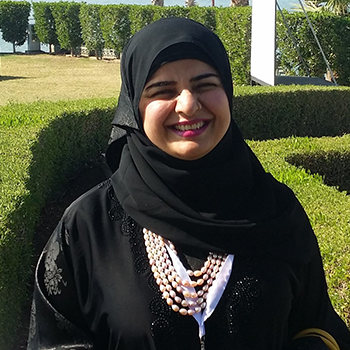
Rana Jaffer Hamed Hussein, MBBS, CABEM, MSc-Toxicology, FACMT
Rana is an Arab Board certified Emergency medicine physician and a clinical toxicologist. She was employed at Hamad Medical Corporation-Qatar as Associate Consultant until 2021. She graduated from Aden University – Republic of Yemen in 2003. She completed Arab Board Emergency Medicine certification from HMC-Qatar in 2012. She obtained membership of Royal College of emergency medicine-UK in 2014 followed by fellowship in emergency medicine (subspecialty-medical toxicology) from HMC-Qatar in 2017. She also obtained Post graduate Diploma in Toxicology from Cardiff University- UK in 2016 and Master of Science- Medical Toxicology from PGIM-Colombo-Sri Lanka in 2022.
She was an active core faculty member with Arab Board Emergency Medicine Residency program from 2013 to 2021 which is ACGME-I accredited training center and is primarily based at Hamad General hospital- Doha, Qatar. She conducted didactic lectures, workshops and clinical simulations for Emergency Medicine residents. She was in charge of the Toxicology Tract and took special interest in delivering a diversity of workshops & simulations in this subject and conducted numerous sessions to train the residents throughout her career. She was also a
clinical lecturer at Qatar University, where she taught medical students through Interactive lectures, simulations and workshops for seven consecutive years. She functioned as a founder member of Hamad Medical Corporation’s 24*7 on-Call Toxicology services in Qatar from 2014 to 2021 where she provided round the clock care to the intoxicated patients and contributed immensely in preparing a toxicology database for the organization.
She is also a member of the TAPNA (Toxicology and Poisons Network Australasia) and MENATOX (Middle East and North African Clinical Toxicology Association). She has also presented talks on several toxicology topics in numerous prestigious international conferences in various countries across the globe. She migrated to Australia in late 2021 and is now providing her expert services to WACHS (Western Australian County Health Services). She aspires to excel as an educator of Emergency medicine & Medical Toxicology and train junior medical staff worldwide.
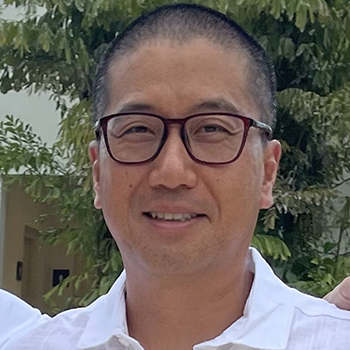
Hong Kim, MD, MPH, FACMT
Dr. Hong Kim, MD, MPH, FACMT is an Associate Professor of Emergency Medicine and Pharmacology at the University of Maryland School of Medicine. He graduated from University of California, San Francisco School of Medicine and completed his emergency medicine residency and medical toxicology fellowship at the New York University (NYU)/Bellevue Hospital Center and NYU/New York City Poison Control Center, respectively. Dr. Kim is affiliated with Maryland Poison Center and National Capital Poison Center and leads the Medical Toxicology Consultation Service at the University of Maryland Medical Center. Aside from spending his time with his two children, he enjoys “restoring” vintage receivers and speakers, and paddling outrigger canoes on the Potomac River in Washington D.C. during his free time.
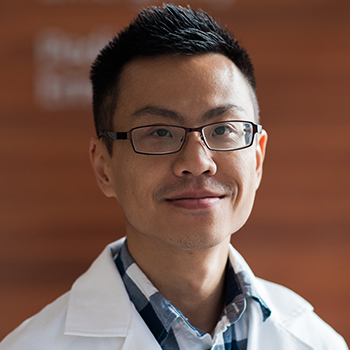
Jeffrey Lai, MD, FACMT
Jeffrey Lai, MD, is an emergency physician and medical toxicologist at UMass Chan Medical School. He completed his undergraduate studies at the University of California, Berkeley, and medical school at the University of Pittsburgh. Following emergency medicine residency and medical toxicology fellowship at UMass, he stayed on as core faculty in the emergency medicine residency and now serves as the program director of the medical toxicology fellowship. His academic interests include medical education, medications for treatment of substance use disorders, emerging drug trends, and drug-impaired driving.
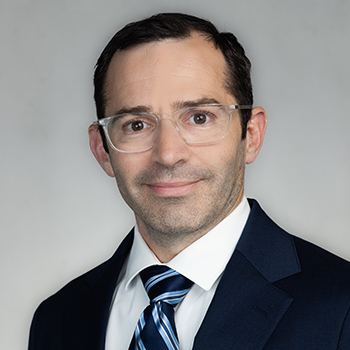
Daniel Lasoff, MD, FACMT
Daniel Lasoff, MD, serves as the Director of the UC San Diego Medical Toxicology Fellowship and is an Associate Clinical Professor of Emergency Medicine at UC San Diego. As a core faculty member for the UC San Diego Emergency Medicine Residency, he also holds the position of Assistant Director at the California Poison Control System’s San Diego site. Dr. Lasoff divides his clinical time between the Emergency Departments of UC San Diego Medical Center and El Centro Regional Medical Center, a rural community hospital in Imperial County, California. Additionally, he works as a Medical Toxicologist for both UC San Diego Medical Center and San Diego’s Rady Children’s Hospital, and is the sole Medical Toxicologist at the San Diego Veterans’ Health Administration Environmental Health Clinic. Dr. Lasoff has dedicated efforts to improve care for patients with substance use disorders within the UC San Diego Health System and the broader region, focusing on increasing access to critical life saving treatments such as buprenorphine and free naloxone in the Emergency Department. Furthermore, he promotes evidence-based treatments for these serious diseases through community education.
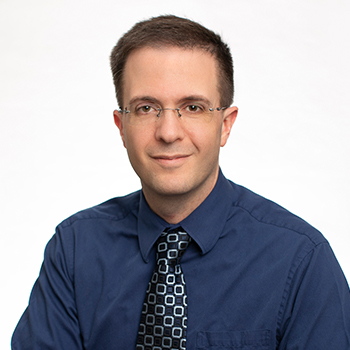
Kevin Maskell, MD, MSc, FACMT
Dr. Kevin Maskell, MD, MSc, is an assistant professor of military and emergency medicine at the Uniformed Services University of Health Sciences. He graduated from emergency medicine residency at Madigan Army Medical Center in 2014 and from medical toxicology fellowship at Virginia Commonwealth University in 2016. After completing his training, Dr. Maskell returned to Madigan Army Medical Center as residency core faculty and director of medical toxicology in 2016 and in 2017 started as a consulting toxicologist for the Washington Poison Center. In 2021 Kevin also earned board certification in addiction medicine. Since that year, he has also been assigned by the Army as medical director and now chief of the Tactical Medicine Readiness Division at Ft. Sam Houston, Texas, where he provides critical pre-deployment trauma training for healthcare professionals scheduled to deploy into combat zones. Dr. Maskell’s research interests include antidotal therapies, extracorporeal therapies, and envenomations.
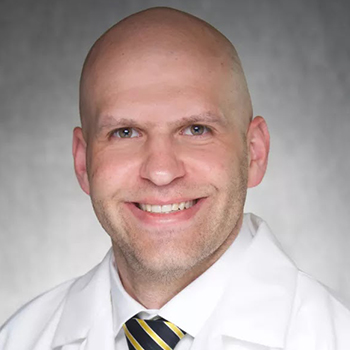
Dan McCabe, MD, FACMT
Dan McCabe is a Clinical Associate Professor of Emergency Medicine at the University of Iowa. He is the Director of the Division of Medical Toxicology at the University of Iowa and the Medical Director of the Iowa Poison Control Center. He completed medical school at the University of Iowa, an Emergency Medicine residency at Cook County Hospital, and a Medical Toxicology fellowship at Regions Hospital/Minnesota Poison Control System. His career focus is on improving the care of poisoned patients while decreasing unnecessary resource utilization.
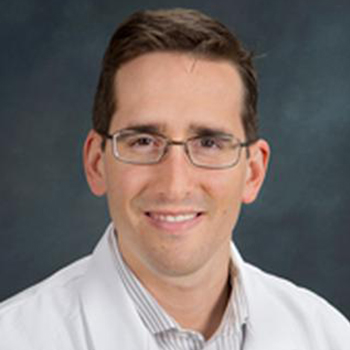
Nicholas Nacca, MD, FACMT
Nicholas Nacca, MD, is Director of Medical toxicology and Associate Fellowship Director for the University of Rochester Medical Center (URMC) Medical Toxicology fellowship; Clerkship Director for the Medical Student rotation in Medical Toxicology; core faculty for the URMC emergency medicine residency; Assistant professor of Emergency Medicine. He is board certified in Emergency Medicine, Medical Toxicology and Addiction Medicine. He is the organizer and host of the ACMT Grand Rounds Webinar Series.
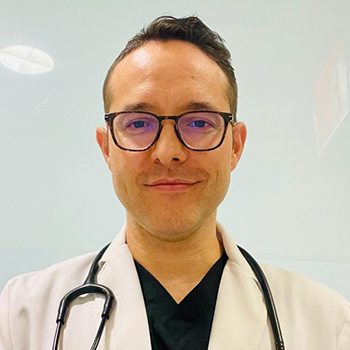
Joshua Nogar, MD, FACMT
Dr. Nogar grew up in the High Desert of New Mexico, but has been a New Yorker for 16 years. He has been faculty in the department of Emergency Medicine and Medical Toxicology at Northwell Health/North Shore University Hospital since 2011. He has been the Medical Toxicology Fellowship director at Northwell Health since 2016, and his areas of specific interest include fellow education, metabolic uncouplers, overdose trends, and addiction medicine. He is dedicated to helping his trainees achieve their individual career goals, as well as adapting his training program to the changing scope of practice for Medical Toxicologists, as well as the needs of individual learners. Outside of work, Dr. Nogar enjoys spending time with his wife, Andrea, and their daughters, Julia and Alex. He is an avid fly-fisherman, and whiskey snob.
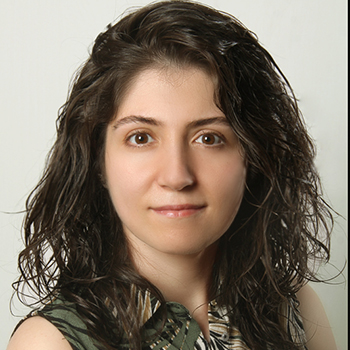
Aynur Sahin, MD, PhD, FACMT
Aynur Sahin is an associate professor of Emergency Medicine and Medical Toxicology consultant at the University of Health Sciences Basaksehir Cam and Sakura City Hospital, Istanbul, Turkiye. She completed her residency in Emergency Medicine at Karadeniz Technical University (KTU)in 2012, PhD degree in toxicology at Dokuz Eylül University Department of Pharmacology in 2018, and her medical toxicology fellowship at Emory University in 2019 with mentorship and great support from Prof Ziad Kazzi. She became the first and only medical toxicologist across the country as medical toxicology is not a recognized subspecialty in Turkiye. After graduation from the fellowship program, she established the first medical toxicology consultation service and inpatient unit at KTU Department of Emergency Medicine that serves the whole Black Sea Region. She organized the MENATOX 2020 conference in Istanbul, Turkiye before COVID pandemic and was selected as a board member of MENATOX. In 2021, she led a telemedicine and educational collaboration project with Emory University Division of Medical Toxicology. In 2022 she organized the first international medical toxicology conference in Trabzon with collaboration between KTU and Emory University and more than 30 experts from all over the world have participated. She was invited to establish the first medical toxicology ICU in Istanbul by Prof. Semih Korkut who is the former general director of emergency healthcare services at the Turkish Ministry of Health and with his great support in September 2022 she established the first and only Medical Toxicology ICU where more than 1000 critically ill poisoned patient have taken care of in a year by her team. On March 11, 2024, the Turkish MoH agreed to recognize medical toxicology as a subspecialty and build a national clinical training program by their official submission 1 year ago. As of July 2024, she will lead a telemedicine and international medical toxicology training program with a collaboration Project between Basaksehir Cam and Sakura City Hospital Medical Toxicology ICU and Emory University Division of Medical Toxicology. Also, she is an international member of ACMT and contributes to WHO meetings and international medical toxicology conferences. Last but not least, she is proud to be the mother of Berat Eren Sahin who is the love of her life, and biggest fan, and had to sacrifice time with his mother during her dedicated tox journey.
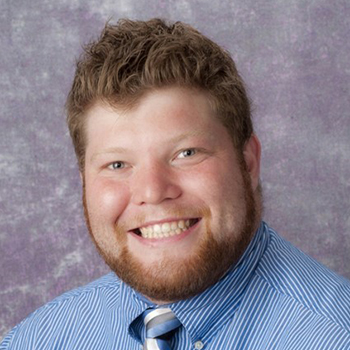
Joshua Shulman, MD, FACMT
Dr. Joshua Shulman, MD is the Medical Director of the Pittsburgh Poison Center. He completed his undergraduate Summa Cum Laude at the University of Pittsburgh with a Bachelor of Arts and a Bachelor of Sciences (B.A./B.S.) in History and Neuroscience. He completed his Medical Doctorate (MD) degree at the University of Pittsburgh School of Medicine in 2012. He trained as a resident physician at UPMC Medical Education in Emergency Medicine from 2012 to 2015, and as a fellow in Medical Toxicology between 2015 and 2017. He was appointed a position of Assistant Professor of Emergency Medicine and Medical Toxicology at the University of Pittsburgh School of Medicine. He also holds an appointment as an Assistant Professor of Pharmacy and Therapeutics at the University of Pittsburgh School of Pharmacy. He is a diplomate of the American Board of Emergency Medicine, American Board of Medical Toxicology, and the American Board of Preventative Medicine in Addiction Medicine. He is currently practicing in UPMC Hospitals in the fields of Emergency Medicine, Medical Toxicology and Addiction Medicine.
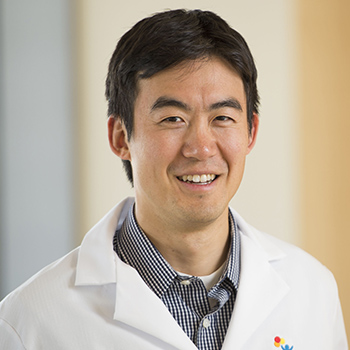
George Sam Wang, MD, FACMT
Dr. G. Sam Wang completed his pediatric residency and pediatric emergency medicine fellowship at Children’s Hospital Colorado in Denver, followed by his Medical Toxicology Fellowship at the Rocky Mountain Poison and Drug Safety at Denver Health Hospitals. He is currently an Associate Professor of Pediatrics at Children’s Hospital Colorado in the Section of Emergency Medicine and Medical Toxicology, and on faculty at RMPDS. He is also the Associate Medical Editor for the Pediatric Telehealth Triage Guidelines at Schmitt-Thompson Clinical Content. His main academic interests include the public health impact of cannabis use and legalization, and risk mitigation strategies for the pediatric population from the opioid epidemic.
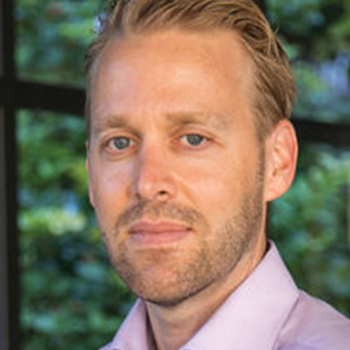
Patrick Whiteley, MD, FACMT
Patrick Whiteley, MD, is a senior partner with Kaiser Permanente in San Jose, CA. He is a member of the KP NCAL Regional Toxicology service providing consultation services for 21 service areas and hospitals. For his local Emergency Department he is the Pediatric Emergency Care Coordinator as well as a member of the Controlled Substance Safety Clinical Workgroup. He is board certified in Emergency Medicine and Medical Toxicology. He takes special interest in educational opportunities as a faculty member for Pediatric Fundamentals of Critical Care Simulations (PFCCS) and teaching local residents and visiting medical students.
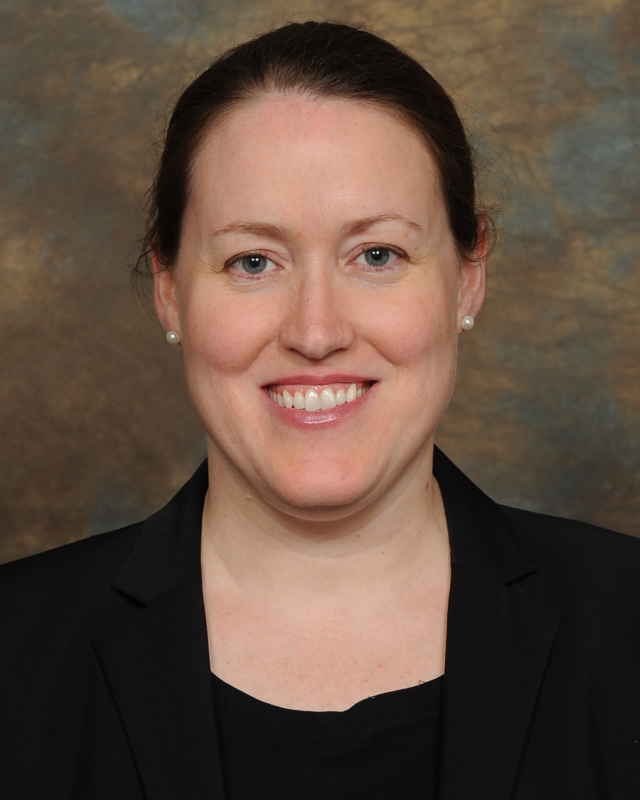
Gillian Beauchamp, MD, FACMT
Gillian Beauchamp, MD, is fellowship director for the Lehigh Valley Health Network (LVHN) Medical Toxicology fellowship; core faculty for the LVHN emergency medicine residency; Associate professor, USF Morsani College of Medicine; LVHN Medical director for acute care substance use and prevention; Co-chair, LVHN Opioid Stewardship and Linkage to Treatment Committee; and Vice Chair for Education and Community Engagement in the Lehigh Valley Health Network Department of Emergency and Hospital Medicine. She is board certified in Emergency Medicine, Medical Toxicology and Addiction Medicine. She is an Editorial board member for Toxicology Communications and a Reviews Section Editor and Editorial board member for the Journal of Medical Toxicology; She is co-host for the Tox in Ten: ACMT Highlights podcast and oversees the ACMT online toxicology lecture library as a member of the ACMT Education Committee.
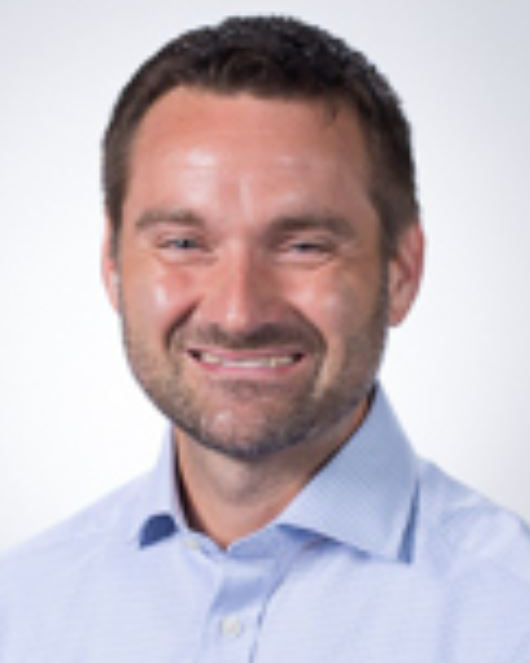
Joshua Canning, MD, FACMT
Joshua Canning MD is an Assistant Professor of Emergency Medicine at University of Arizona College of Medicine – Phoenix and practices medical toxicology at Banner-University Medical Center Phoenix and Phoenix Children’s Hospital. Joshua received his undergraduate degree from Baylor University and medical degree from the University of Texas Southwestern Medical School in Dallas before completing a fellowship in Medical Toxicology at Banner University Medical Center – Phoenix (former Banner Good Samaritan Medical Center) where he has remained as faculty. He also continues to practice emergency medicine locally in Phoenix and in Moab, Utah. His academic interests include teaching fellows and residents, cannabinoids/drugs of abuse, and providing medical outreach to underserved communities.
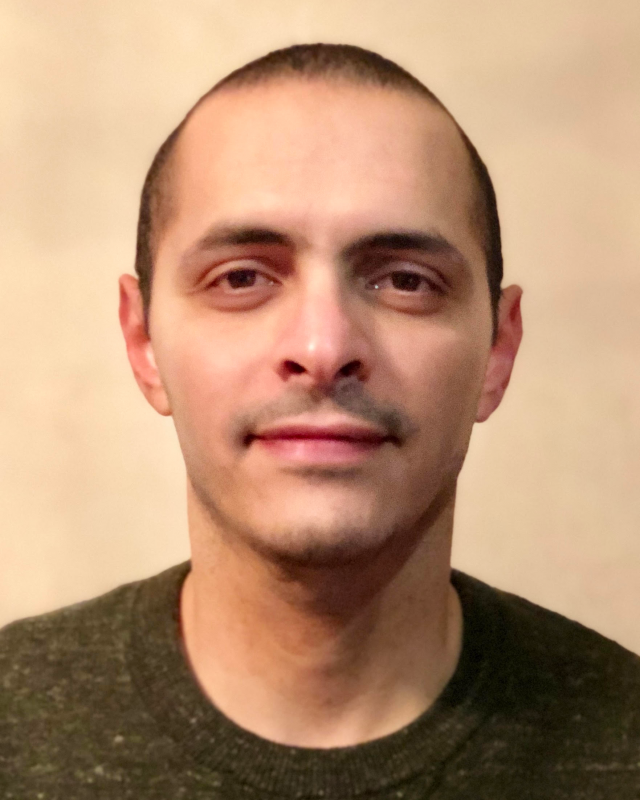
Yazeed Eldos, MD, FACMT
Yazeed Eldos is trained in emergency medicine. He completed his fellowship training at the University of Texas Southwestern in a Dallas, Texas. He is the current medical director of the first and only poison center in Qatar, Qatar Poison Center. Research interests include ECMO use in poisoned patients, and pediatric overdoses.
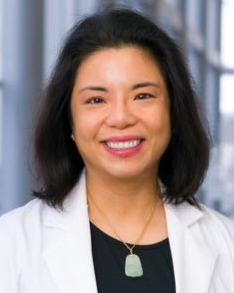
Sing-Yi Feng, MD, FACMT
Dr. Sing-Yi Feng graduated from the Pennsylvania State University/Jefferson Medical College’s 6 year premedicine/medicine program located in Philadelphia, PA. She did her pediatric residency at Lutheran General Children’s Hospital in Park Ridge, IL and stayed an extra year as chief resident. She then moved to Dallas, completed the pediatric emergency medicine fellowship at UT Southwestern Medical Center at Dallas/Children’s Medical Center of Dallas, and stayed to do a Medical Toxicology Fellowship at Parkland Memorial Hospital. She is now an associate professor at UT Southwestern Medical Center and works at the emergency departments at Children’s Medical Center at Dallas and Plano. She is also a medical toxicologist associated with the North Texas Poison Center located at Parkland Memorial Hospital.
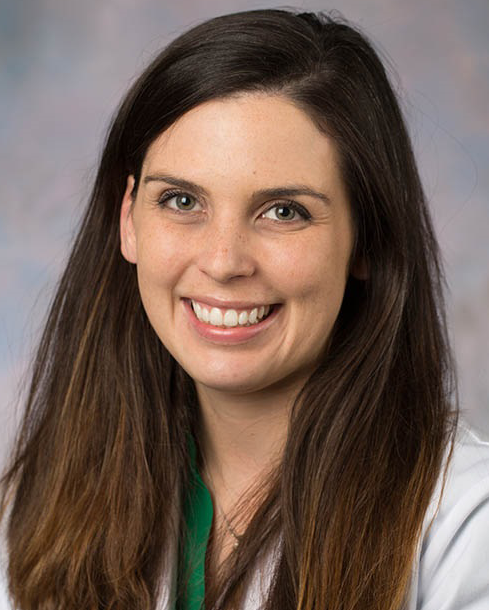
Hannah Hays, MD, FACMT
Hannah Hays, MD, FACMT, FAACT, FACEP is an assistant professor of emergency medicine and pediatrics at The Ohio State University College of Medicine. She has served as the Associate Medical Director of the Central Ohio Poison Center since 2016 and will transition to the role of Medical Director and Division Chief of Toxicology at Nationwide Children’s Hospital in the spring of 2023. Hays also serves as the lead physician for an addiction medicine clinic that provides comprehensive treatment of substance use disorders to an underserved local population in Southwestern Columbus. She is a 2008 graduate of Northeastern Ohio Medical University. She completed her Emergency Medicine residency in 2011 and Medical Toxicology fellowship in 2013 at The Ohio State University Wexner Medical Center. Hays’ research and clinical interests include pediatric exploratory ingestions of illicit drugs and buprenorphine and alternate strategies for laboratory detection of illicit drug exposures in children under 6 years.
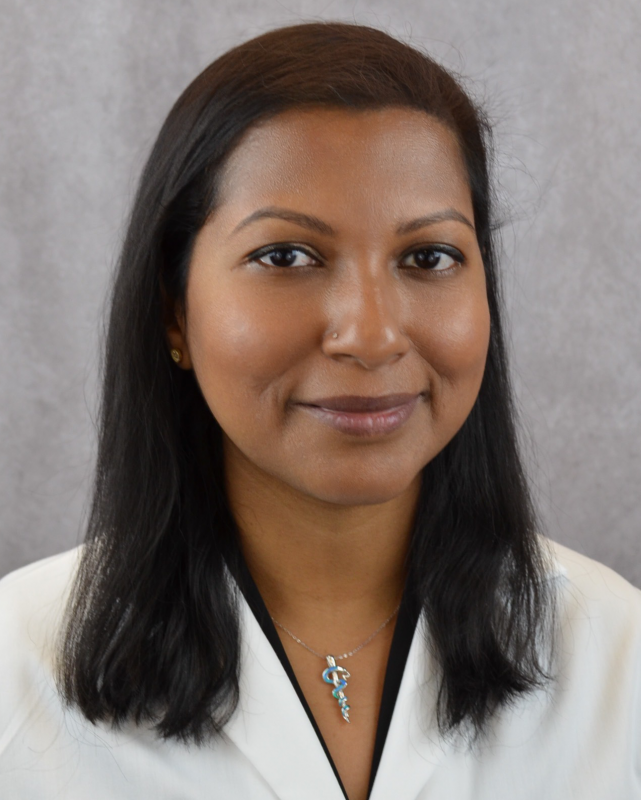
Mehruba Parris, MD, FACMT
Dr. Parris is an Assistant Professor of Emergency Medicine at Rutgers New Jersey Medical School (NJMS) and a Medical Toxicology Consultant with the New Jersey Poison Information and Education System. Dr. Parris is board-certified in Emergency Medicine and Medical Toxicology. She completed her residency in Emergency Medicine at NY Presbyterian Brooklyn – Methodist Hospital and Medical Toxicology Fellowship at Emory University/Centers for Disease Control and Prevention. Prior to her role at NJMS, she has been in emergency medicine education, administration, and medical toxicology consultant in Miami and Atlanta. Her areas of focus are acute and critical care in medical toxicology, public/global health, diversity and women in medicine. She currently leads the Medical Toxicology Consultation Service within the Department of Emergency Medicine. In her free time, she loves to instill her love of travel, arts, food, and reading in her 3 and 1 year old little ones.
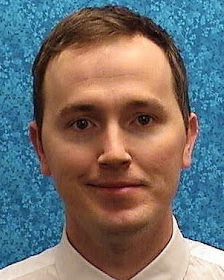
Daniel Sessions, MD, FACMT
Dr. Daniel J Sessions received his medical doctorate from the LSU-New Orleans School of Medicine. He was a Chief Resident in Emergency Medicine during his training at Brooke Army Medical Center in San Antonio, TX. He completed his medical toxicology fellowship at Rocky Mountain Poison & Drug Center at Denver Health.
After completing his training, Dr. Sessions returned to Brooke Army Medical Center where he served as the Director of Medical Toxicology. His Graduate Medical Education service included: Research Director of the Emergency Medicine Residency, Associate Program Director in Emergency Medicine, and Transitional Year Internship Associate Program Director. He served as a consulting toxicologist for the South Texas Poison Center, Army Substance Abuse Program, and Dept. of Defense ADVISOR system. After completion of his military service he became board certified in Addiction Medicine and practiced Addiction Medicine and Toxicology at Abbot Northwestern Hospital and Minnesota Poison Control in Minneapolis, MN.
Dr. Sessions is currently initiating a new Medical Toxicology bedside and telemedicine consultation service for Ochsner Health Foundation in New Orleans, LA. He is a senior lecturer in Emergency Medicine at the University of Queensland, Ochsner Clinical School in New Orleans LA. He provides Forensic Toxicology services through Expert Toxicology, LLC. His primary areas of interest are addiction medicine, envenomation, drug testing, and performance enhancing drugs and supplements.
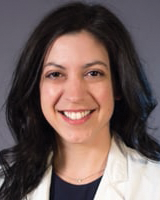
Alaina Steck, MD, FACMT
Dr. Alaina Steck graduated from the Keck School of Medicine at the University of Southern California in 2009 and completed her Emergency Medicine residency at Boston Medical Center in 2013. She then traveled south to become a fellow in Medical Toxicology at the Emory University / Georgia Poison Center / Centers for Disease Control and Prevention joint fellowship. Despite her frequent insistence that she would return home to the west coast the moment her fellowship training ended, she has been in Atlanta as faculty in the Emergency Department at Emory ever since. While in fellowship, a grand rounds lecture by Dr. Tim Weigand sparked an her interest in Addiction Medicine, which led her to pursue board certification in that specialty as well. In 2017, Dr. Steck spearheaded the opening of Grady Memorial Hospital’s first outpatient opioid use disorder treatment clinic, the implementation of a novel pathway for caring for OUD patients in the ED observation unit, and the provision of addiction medicine consultations through the Med Tox service. She now has the perfect career splitting her time among the outpatient clinic setting, the Medical Toxicology consult service, teaching in the Med Tox and Addiction Psychiatry fellowships, and directing pharmacology content for the medical school curriculum.
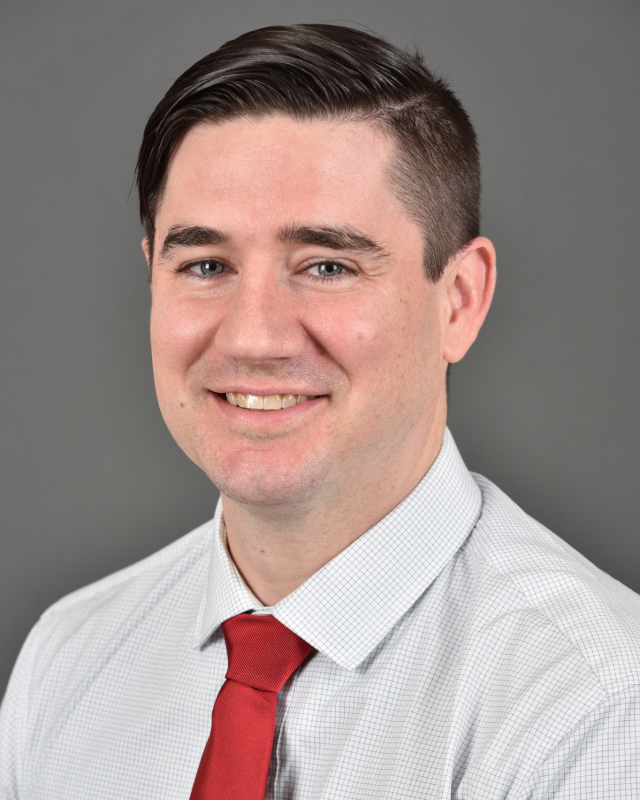
Michael Toce, MD, MS, FACMT
Michael S. Toce, MD MS is an Assistant Professor of Pediatrics and Emergency Medicine at Harvard Medical School and is a practicing pediatric emergency medicine physician and medical toxicologist at Boston Children’s Hospital and at the MA/RI Poison Control Center in Boston, MA. He completed his undergraduate studies at Carleton College in Northfield, MN where he received a B.A. in biology and biochemistry. He received a M.S. in bacteriology from the University of Wisconsin-Madison, and his M.D. from the Medical College of Wisconsin. He completed his pediatrics residency at the Boston Combined Residency Program before completing a Medical Toxicology Fellowship and Pediatric Emergency Medicine Fellowship at Boston Children’s Hospital.
Dr. Toce’s research focuses on adolescent substance misuse and overdose and the impact of various state policies on opioid and benzodiazepine overdose and prescribing. He is an active member of the ACMT Research Committee, is a member of the MTF IRTPA grant study section, and is one of the abstract review co-chairs for the 2023 ACMT ASM. His non-professional interests involve beer and sports, raising his two children while trying to stay married to his much superior wife, and surviving in Boston as a Midwesterner.
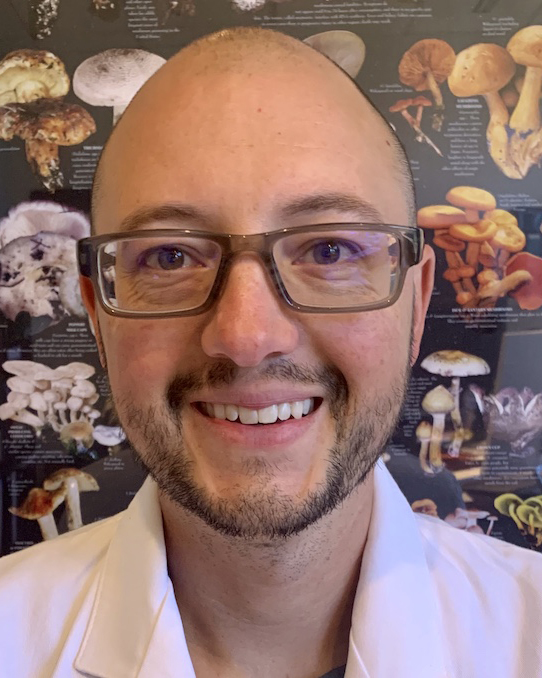
William Boroughfg, DO, FACMT
William Boroughf, DO is an Emergency Medicine physician and Medical Toxicologist with various affiliations in Denver, Colorado after completion of his Emergency Medicine and Toxicology training at Einstein Medical Center in Philadelphia, PA. He is an Assistant Clinical Professor of Emergency Medicine at the University of Colorado, is a faculty member of the Rocky Mountain Poison and Drug Safety center, and practices Forensic Medical Toxicology with Toxicology Associates. He also practices Emergency Medicine during his days off.
Dr. Boroughf is the incoming Deputy Director of the New Zealand National Poisons Centre, beginning July 2022. His medical/toxicological interests include geriatric toxicology, emerging drugs of abuse, and novel approaches for remote delivery of toxicological expertise in rural and underserved communities.
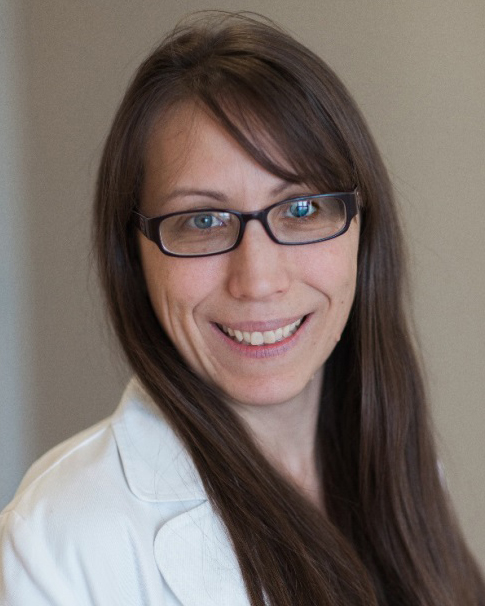
Jennifer Carey, MD, FACMT
Jennifer Carey, MD is an Assistant Professor of Emergency Medicine and medical toxicologist at UMass Chan Medical School. She trained in Emergency Medicine at Brown University and completed a Medical Toxicology fellowship at UMass. She remained on faculty at the University after the completion of her fellowship. She serves on the hospital Pharmacy and Therapeutic Committee and is the Division Director for Undergraduate Medical Education. Dr. Carey is currently collaborating with ACMT on the COVID-19 ToxIC (FACT) Pharmacovigilance Project. She also focuses education and research efforts on improving education on topics in health equity.
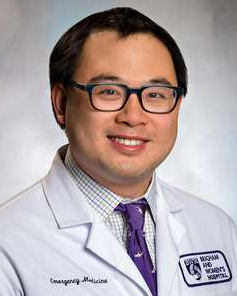
Peter Chai, MD, MMS, FACMT
Peter R. Chai MD MMS is an emergency medicine physician and medical toxicologist within the division of medical toxicology and department of emergency medicine at Brigham and Women’s Hospital. He is also jointly appointed within the Department of Psychosocial Oncology at Dana Farber Cancer Institute, the Koch Institute for Integrated Cancer Research at the Massachusetts Institute of Technology, and the Fenway Institute. Dr. Chai is also a faculty member for the Harvard Combined medical toxicology fellowship at the MA-RI poison control center. His federally and industry-funded research lab explores the application of individual-level and population technologies to detect changes and develop behavioral interventions surrounding chronic diseases with a focus on substance use disorder.
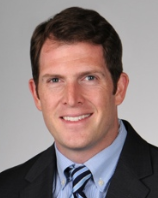
Nicholas Connors, MD, FACMT
Dr. Connors grew up in Yonkers, New York, and enjoyed being close to home for his undergraduate and graduate medical education. He trained in emergency medicine at New York Presbyterian Hospital and then completed his medical toxicology fellowship at Bellevue/NYCPCC. After that, it was time to leave the Northeast and he took a position as the Director of Toxicology and Emergency Medicine Core Faculty member in Charleston at the Medical University of South Carolina. He takes calls with the Palmetto Poison Center and has greatly enjoyed working with colleagues at Columbia. Most recently, he was given the opportunity to help build a new EM residency program and currently serves as the Program Director at Trident Medical Center in North Charleston.
He lives in Mount Pleasant with his wife, Katie, and five children and loves getting to enjoy the Lowcountry food and sunshine.
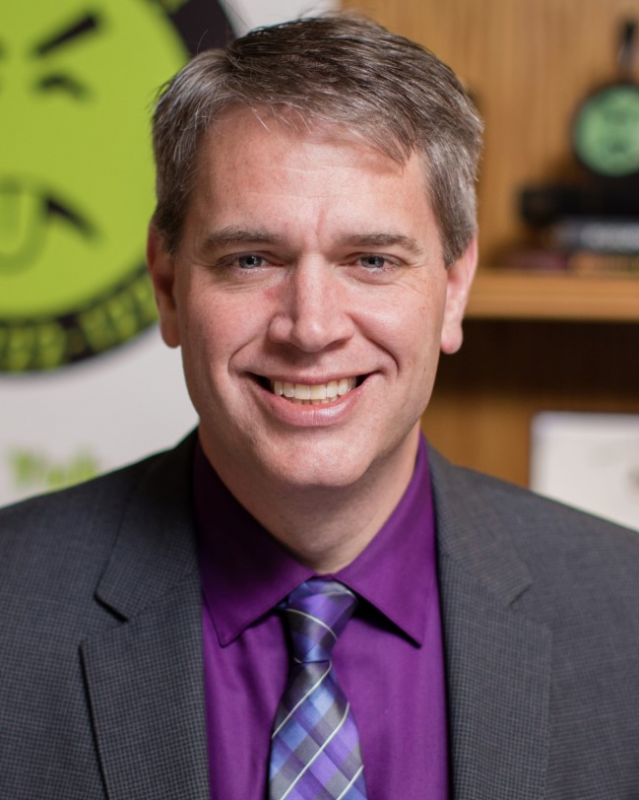
Michael Lynch, MD, FACMT
Dr. Michael Lynch is an assistant professor of Emergency Medicine, Toxicology, and Pediatrics at the University of Pittsburgh. He is board-certified in Emergency Medicine, Medical Toxicology, and Addiction Medicine. Dr. Lynch graduated from the University of Pittsburgh School of Medicine before completing his residency in Emergency Medicine and fellowship in Medical Toxicology at the University of Pittsburgh. Dr. Lynch works in the Emergency Department at UPMC Mercy Hospital. The Toxicology service at UPMC is one of the busiest in the country, seeing patients at 5 Pittsburgh hospitals as well as providing inpatient addiction and telemedicine treatment. Dr. Lynch is the Medical Director of the Pittsburgh Poison Center and of Substance Use Disorder Services at UPMC Health Plan. He is the first Medical Director for the Pennsylvania Department of Drug and Alcohol Programs. Dr. Lynch has serves on the Boards of Directors for the PA College of Emergency Physicians and the American Association of Poison Control Centers.
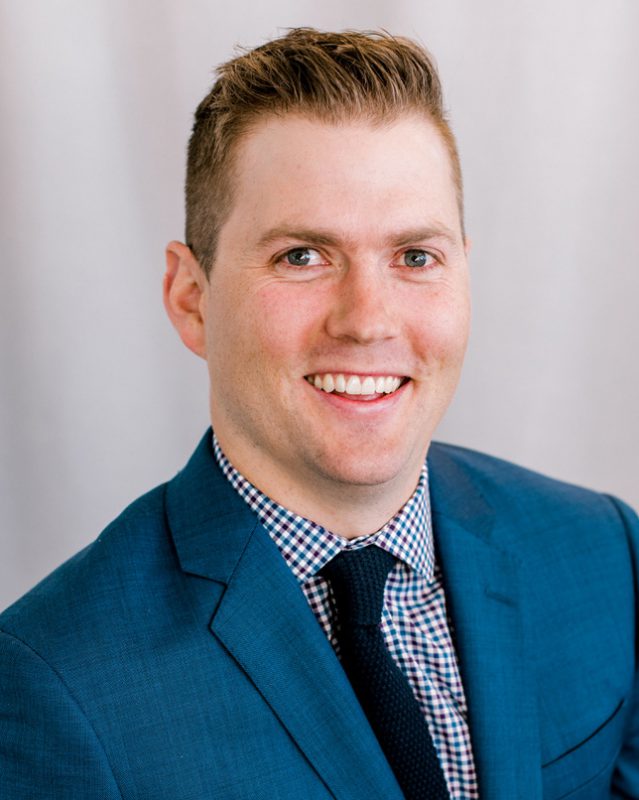
Todd Phillips, MD, FACMT
Todd Phillips is an Assistant Professor of Emergency Medicine at the University of Texas Southwestern in Dallas, Texas where he serves as the Program Director of the Medical Toxicology Fellowship. He is also a faculty member of the North Texas Poison Center. For the past two years, he has been the co-chair for the Conference and Symposia subcommittee of the international section for ACMT.
Dr. Phillips is a graduate of Texas A&M University, with a Bachelor’s in Biomedical Science. He completed medical school at Texas Tech University School of Medicine and attended the University of Pittsburgh for both residency in Emergency Medicine and a fellowship in Medical Toxicology. Following graduation, he accepted a position at John Peter Smith in Fort Worth, Texas where he served as their Assistant Program Director for the Emergency Medicine residency program until 2019. He also founded the inaugural Division of Medical Toxicology under the Department of Emergency Medicine and was named Chief of the Division. Under the Division of Medical Toxicology, he was able to develop an inpatient consult service as well as serve as the Clerkship Director for the residency’s Medical Toxicology rotation. His professional interests include medical education, medical toxicology advocacy, and alcohol withdrawal.
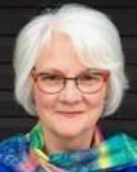
Donna Seger, MD, FACMT
Donna Seger, MD is an Emeritus Professor in the Dept of Medicine at Vanderbilt University Medical Center. She has been the Medical/Executive Director of the Tennessee Poison Center for 33 years. Seger established a Medical Toxicology Consulting Service which evaluated both pediatric and adult patients at Vanderbilt. Residents rotated on the Toxicology Service and awarded her with three teaching awards. She also established a Toxicology Fellowship for both US and International Fellows. She initiated a Hospital Consortium member organization(eventually receiving annual donations from 70% of the hospitals in the state) which included salary support for toxicologists. She received her medical degree from the University of North Dakota, completed an Emergency Medicine Residency at the University of Cincinnati, and there became the first Toxicology Fellow. She subsequently served as EM Residency Director in Jacksonville Fla, followed by Associate Director of the Arizona Poison Center in Tucson, Arizona. Interests include education, CO poisoning, Intralipids, and GI decontamination.
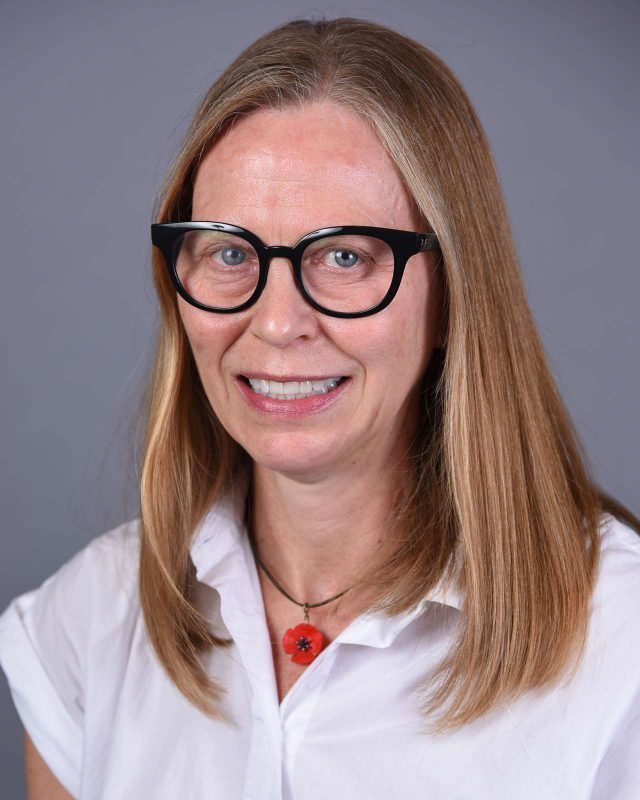
Mary Wermuth, MD, FACMT
Mary Wermuth, MD is an Assistant Professor of Emergency Medicine at Indiana University School of Medicine in Indianapolis. She is a 1992 graduate of Indiana University School of Medicine. She completed her Emergency Medicine residency at Methodist/IUSOM in 1995 and completed her fellowship in Medical Toxicology at Methodist/IUSOM in 1997. She joined the Emergency Medicine faculty at Indiana University Health at Methodist Hospital following her graduation from the fellowship. She provides consulting services for the Division of Medical Toxicology and is the Medical Director for the Clinical Medical Toxicology service at Indiana University Health. In addition, she serves as Assistant Medical Director of the Indiana Poison Center.
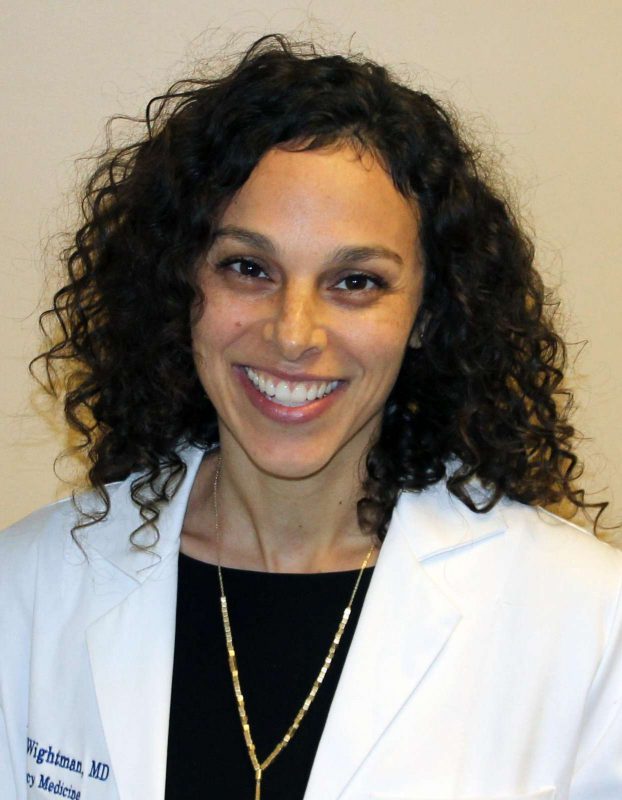
Rachel Wightman, MD, FACMT
Dr. Wightman is an Assistant Professor of Emergency Medicine at Alpert Medical School of Brown University. She is a triple board-certified practicing physician in medical toxicology, addiction medicine, and emergency medicine. She serves as Director of Toxicology Education for Brown Emergency Medicine and as faculty in the Addiction Medicine Fellowship at Rhode Island Hospital. She completed a medical toxicology fellowship and emergency medicine residency at New York University School of Medicine/ Bellevue Hospital Center.
Dr. Wightman’s primary clinical expertise is in the evaluation and management of drug toxicity syndromes in complex medical patients and in enhancing medication safety for high-risk drugs. Her research is focused on the evaluation and tracking of emerging drug trends, cannabis hyperemesis syndrome, and medications for the treatment of opioid use disorder.
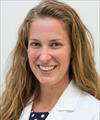
Katherine Boyle, MD, FACMT
Katherine Boyle, MD is an emergency medicine physician and medical toxicologist at Beth Israel Deaconess Medical Center (BIDMC) and an Assistant Professor of Emergency Medicine at Harvard Medical School. In addition, she is a faculty member for the Boston Children’s Hospital medical toxicology fellowship and the MA/RI Poison Control Center. She is a graduate of the University of Massachusetts Medical School where she stayed to complete her emergency medicine residency and medical toxicology fellowship. Dr. Boyle is currently the Associate Director of Research for the Emergency Department at BIDMC. Her research interests include the prevention and treatment of substance use disorders. She is currently focusing her research efforts on the evaluation of novel therapies for the treatment of COVID-19.
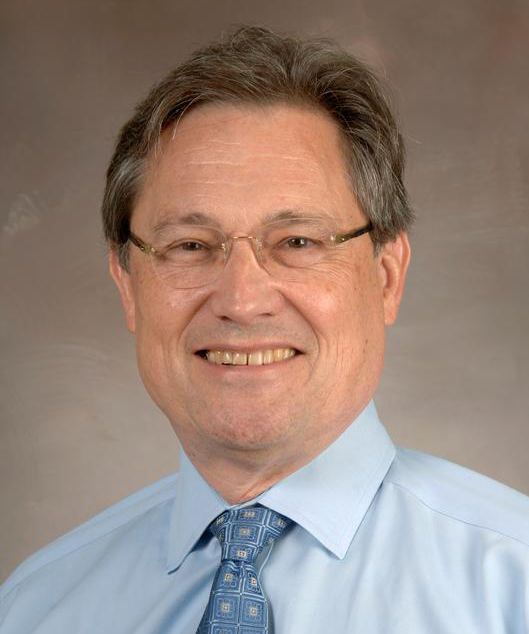
Arch “Chip” Carson, MD, PhD, FACMT
Arch “Chip” Carson, MD, PhD is a physician (The Ohio State University), board-certified in Occupational Medicine (American Board of Preventive Medicine), who holds a Doctor of Philosophy degree in Toxicology (University of Cincinnati, Kettering Laboratory). He has served on the faculty of the University of Cincinnati and the New York University Medical Center and joined the faculty of the University of Texas School of Public Health in 1992 in its Environmental Sciences Discipline and Occupational and Environmental Health and Aerospace Medicine Module. Until September 2019, he was an Associate Professor of Occupational Health, directed the Occupational and Environmental Medicine Residency Program, and was a member of the research team of the Southwest Center for Occupational and Environmental Health, a NIOSH Education and Research Center, and WHO Collaborating Centre in Occupational Health. He maintains a clinical practice of occupational medicine and medical toxicology. In his more recent role as Medical Director for the University of Texas Medical Branch in Galveston, he was responsible for the health monitoring and care of more than 15,000 employees. He is a frequent consultant to governments, corporations, and the legal community on matters related to industrial chemical exposure, toxicology, and environmental justice. His research interests include: environmental and occupational chemical exposures, inhalation injuries, metal exposures and cancer, and professional training in occupational medicine. He now lives in Cincinnati.
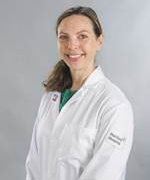
Lynn Farrugia, MD, FACMT
Lynn Farrugia, MD is the Director of the Division of Medical Toxicology at Hartford Hospital and an Assistant Professor of Emergency Medicine at the University of Connecticut School of Medicine. She received her medical degree from Georgetown University and completed an emergency medicine residency and medical toxicology fellowship at the University of Massachusetts. She also serves as Medical Review Officer for two large urban hospitals and is the Medical Director of Occupational Health for several area hospitals. Her academic interests include drug testing, occupational and environmental toxicology, and medical toxicology education.
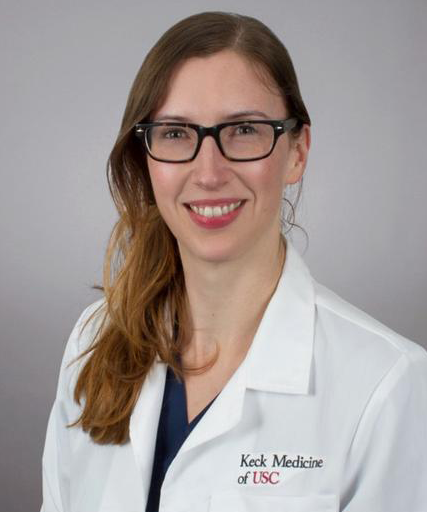
Fiona Garlich Horner, MD, FACMT
Fiona Garlich Horner, MD is the Head of Medical Toxicology at Los Angeles County + University of Southern California (LAC+USC) Medical Center, and an Assistant Professor of Clinical Emergency Medicine at the University of Southern California Keck School of Medicine. She is a graduate of Oregon Health Sciences University School of Medicine in Portland, Oregon, and completed her residency in Emergency Medicine at Hennepin County Medical Center in Minneapolis, Minnesota. After completing a fellowship in Medical Toxicology at New York University and the New York City Poison Control Center, she served as an attending emergency physician and medical toxicologist with the Poison and Drug Information Service (PADIS) in Calgary, Alberta, Canada.
Dr. Garlich is now an attending emergency physician and medical toxicologist at LAC+USC Medical Center in Los Angeles, California, one of the largest and busiest public hospitals in the United States. She is the director of the inpatient toxicology consultation service and the resident toxicology rotation, as well as the chair of the hospital’s medication safety committee. Her primary academic interests lie in toxicology education and advancing the care of vulnerable and incarcerated populations.
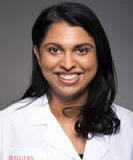
Jeena Jacob, MD, PharmD, FACMT
Jeena Jacob MD, PharmD is an Assistant Professor as well as the Program Director of the Medical Toxicology Fellowship at Rutgers New Jersey Medical School. She completed her PharmD at the Rutgers College of Pharmacy and went on to complete her MD at Rutgers New Jersey Medical School. She trained in Emergency Medicine at Yale-New Haven Hospital and subsequently completed her Medical Toxicology Fellowship at the Rocky Mountain Poison and Drug Center, Denver, CO. Her areas of academic interest include medical toxicology education and medication safety.
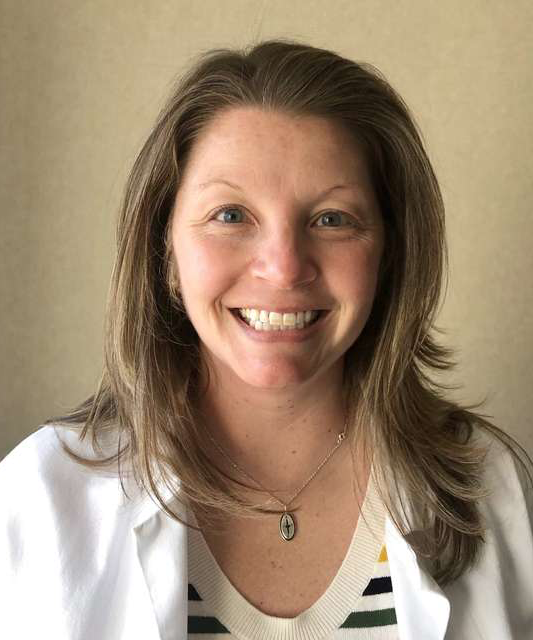
Kathryn Kopec, DO, FACMT
Kathryn Kopec, DO is currently an Associate Professor of Emergency Medicine at Carolinas Medical Center in Charlotte, NC. Dr. Kopec received her BS in Biology from the University of Dayton and went to medical school at Michigan State College of Osteopathic Medicine. Dr. Kopec completed her Emergency Medicine residency and Medical Toxicology fellowship at Einstein Medical Center in Philadelphia, PA. After her fellowship, she worked at Duke University for 2 years before becoming faculty at Carolinas Medical Center (CMC). Currently, she is the Medical Toxicology Division Director at CMC and the medical toxicology rotation director for medical students and residents. Academically, her interests include global toxicology, drugs of abuse, agitated patients, and toxicology education.
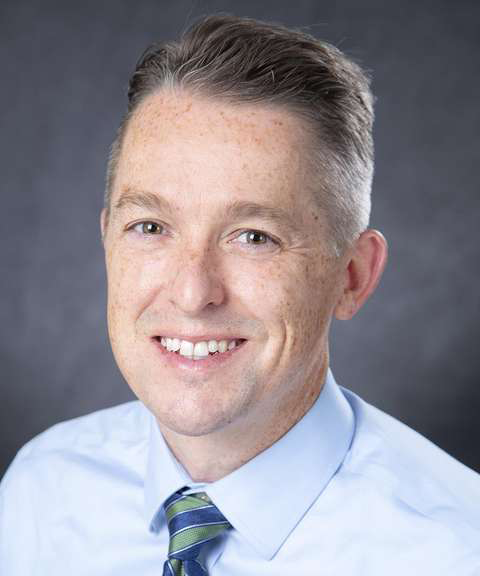
Mark Neavyn, MD, FACMT
Mark Neavyn earned his MD from Jefferson Medical College in Philadelphia and completed his residency in Emergency Medicine at Drexel University/MCP-Hahnemann. He trained as a medical toxicologist at UMass Medical School before serving as the director of medical toxicology at Hartford Hospital in Connecticut. He was program director for the fellowship in medical toxicology and associate professor of emergency medicine at UMass Medical School prior to moving to Portland, Maine to become medical director of the Northern New England Poison Center.
Mark Neavyn earned his MD from Jefferson Medical College in Philadelphia and completed his residency in Emergency Medicine at Drexel University/MCP-Hahnemann. He trained as a medical toxicologist at UMass Medical School before serving as the director of medical toxicology at Hartford Hospital in Connecticut. He was program director for the fellowship in medical toxicology and associate professor of emergency medicine at UMass Medical School prior to moving to Portland, Maine to become medical director of the Northern New England Poison Center.
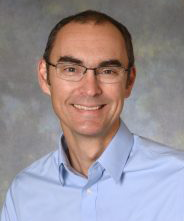
Travis Olives, MD, MPH, FACMT
Travis Olives MD MPH MEd is an assistant professor of Emergency Medicine at the University of Minnesota Medical School. He is faculty in Hennepin County Medical Center’s Department of Emergency Medicine, where he is also a consulting medical toxicologist and Associate Medical Director of the Minnesota Poison Control System, and Program Director for the combined residencies in Emergency Medicine & Internal Medicine, and Emergency Medicine, Internal Medicine, & Critical Care. He completed his training in combined Emergency Medicine and Internal Medicine at Hennepin County Medical Center in 2014, after which he spent 2 years as a Med Tox fellow at HealthPartners, and is boarded in Internal Medicine, Emergency Medicine, and Medical Toxicology. His research interests lie in social determinants of healthcare, Poison Center access, and sedation management.
Travis is a former Spanish and ELL teacher in the Minneapolis public schools, a proud New Mexico native who will forever miss its mountains and red chile, a nerd dad who excels at expansive and unsolicited toxicology lectures for his four daughters, and an unabashedly meat-eating husband of an equally proud vegetarian Wisconsinite.
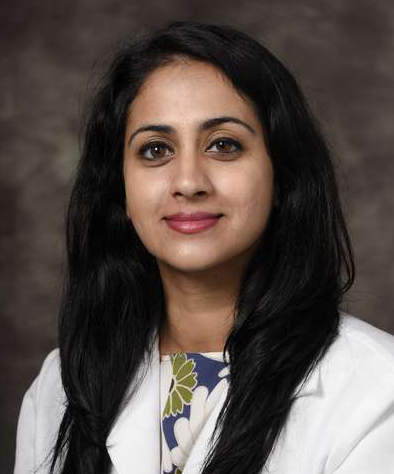
Sophia Sheikh, MD, FACMT
Sophia Sheikh, MD, received her degree from the University of Alabama School of Medicine at Birmingham and completed her residency training at the University of Florida School of Medicine – Jacksonville. She then pursued further training in the field of medical toxicology at the joint program offered by Emory University and the Centers for Disease Control and Prevention in Atlanta, Georgia. She is an Assistant Professor at the University of Florida School of Medicine – Jacksonville and serves as Medical Director for the Florida/USVI Poison Information Center- Jacksonville at UF Health Jacksonville, FL. Her research interests include toxicology, pain, and pharmacogenomics. She is PI/Co-PI on several federal and foundation grants including Substance Abuse and Mental Health Services Administration, Florida Blue Foundation, and the Florida Medical Joint Underwriter’s Association.
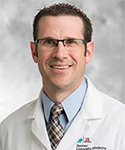
Jerry Snow, MD, FACMT
Jerry Snow, MD is an Assistant Professor, with the Department of Emergency Medicine and Internal Medicine at the University of Arizona College of Medicine-Phoenix. He is a faculty member at Banner-University Medical Center Phoenix (BUMCP) and Assistant Program Director of the University of Arizona College of Medicine Phoenix Medical Toxicology Fellowship. He also serves as the Director of the Medical Toxicology rotation and the Director of Patient Safety and Quality Improvement for the BUMCP Department of Medical Toxicology.
Dr. Snow is an active member of the ACMT Education Committee and has made significant contributions to the ACMT Board Review Course. He was delighted to be named one of ACMT’s top contributors of 2020. He has been active in the community working with and educating paramedics, firefighters, law enforcement, and the National Park Service on novel psychoactive substances, including illicit opioids. He enjoys working with medical students, teaching pharmacology curriculum, and raising awareness of medical toxicology through the rotation at the University of Arizona College of Medicine Phoenix capstone program which gives students early exposure to various subspecialties. He attended medical school at the University of Missouri-Columbia. He completed his residency in Emergency Medicine and fellowship in Medical Toxicology at Indiana University School of Medicine in Indianapolis. He is board-certified in Emergency Medicine, Medical Toxicology, and Addiction Medicine.
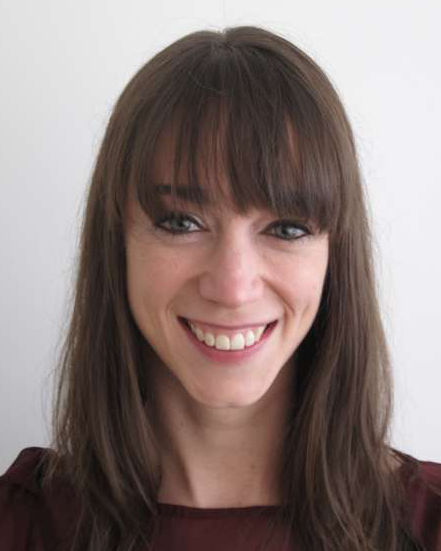
Meghan Spyres, MD, FACMT
Meghan Spyres, MD attended medical school at Columbia University College of Physicians and Surgeons in New York City and stayed in New York to complete an Emergency Medicine residency at Bellevue/NYU. She completed her Medical Toxicology fellowship training in 2016 at Banner—University Medical Center in Phoenix, Arizona. She is currently an Associate Professor of Emergency Medicine at the University of Arizona Phoenix and core medical toxicology faculty at Banner University Medical Center-Phoenix. Her research interests include rattlesnake envenomations, emerging drugs of abuse, Free Open Access Medical Education (FOAM), and the intersection of critical care and toxicology. She is an active investigator with the Toxicology Investigator’s Consortium, a national database on toxicology patients evaluated at the bedside. She is co-founder of Women in Toxicology, a subgroup of ACMT that promotes women in academic medicine.
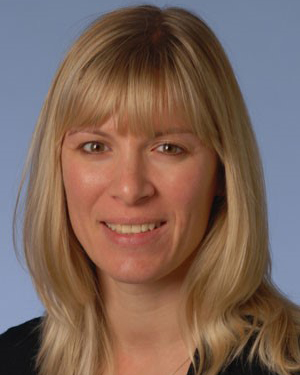
Jennifer Acciani, MD, FACMT
Jennifer Acciani, MD is an Assistant Professor of Emergency Medicine at Indiana University School of Medicine in Indianapolis. She attended medical school at the University of Cincinnati and completed her emergency medicine residency and medical toxicology fellowship at Indiana University. She splits her time between the emergency department at Eskenazi Hospital and providing teaching and consulting services for the Division of Toxicology. She is also the director of the medical student rotation for Toxicology.
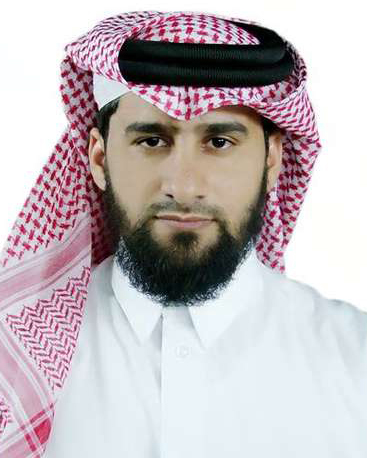
Galal Alessai, MBChB, FACMT
Dr. Galal Alessai is a Consultant in Emergency Medicine and Medical Toxicologist; He graduated from the Arab Board of Medical Specialty in Emergency Medicine in 2011 as well as he trained in medical toxicology at Hamad Medical Corporation Qatar. Dr. Alessai is working on projects to enhance clinical toxicology care across Qatar; he is working on building a local database for toxicology in Qatar. He is a member of the Ministerial committee working to establish a National Poison Control Center in Qatar. Dr. Alessai now is a Medical Toxicology service Team Leader at Hamad General Hospital Emergency Department with responsibilities to do medical toxicology on-call coverage and bedside round on admitted toxicology patients. He has lectured in countries around the world and helped in teaching Medical toxicology to Emergency Medicine residents in Qatar and Yemen.
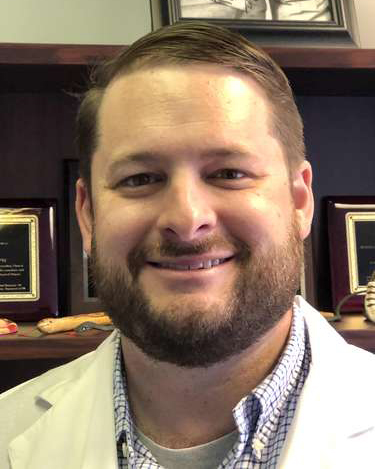
Justin Arnold, DO, MPH, FACMT
Dr. Arnold graduated Nova Southeastern University College of Osteopathic Medicine in 2009 after which he completed a residency in Emergency Medicine at the Lehigh Valley Health Network program in 2013. He then completed a Medical Toxicology fellowship at Emory University and the Centers for Disease Control and Prevention (CDC) in 2015.
He served as core faculty at the University of Alabama at Birmingham’s Emergency Medicine residency as well as the Associate Medical Director and then as Medical Director at the Regional Poison Control Center at Children’s of Alabama from 2015-2019.
Dr. Arnold currently is the Medical Director at the Florida Poison Information Center Tampa and serves as core faculty within the University of South Florida’s Emergency Medicine Residency at Tampa General Hospital. Dr. Arnold is currently board certified in Medical Toxicology, Addiction Medicine, and Emergency Medicine. His professional activities focus on poison center operations and public health, medical toxicology teaching in graduate medical education, prescription, and novel drugs of abuse, and international toxicology. Dr. Arnold also serves on the editorial board for TOXINZ, reviews abstracts for AACT and ACMT as well as journal articles for WESTJEM and is currently active in several toxicology-based research studies.

Anna Arroyo, MD, FACMT
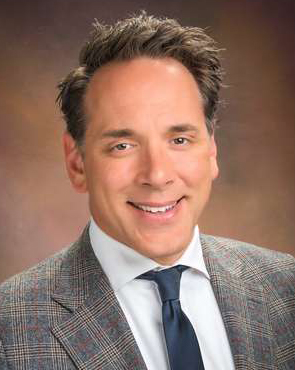
Robert Bassett, DO, FACMT
After shockingly not getting drafted by the NBA, this self-proclaimed division III all-star graduated Brandeis University and decided to go “PRO” in medicine. Following graduation from the Philadelphia College of Osteopathic Medicine, Dr. Bassett served a residency in Emergency Medicine at the Indiana University School of Medicine in Indianapolis.
After residency, Dr. Bassett served as an active duty medical officer in the United States Army for four years which afforded him the opportunity to live in hip and exciting places like rural Louisiana, west Texas, and Baghdad, Iraq. He currently holds the rank of Lieutenant Colonel and is active in the Army Reserves.
After completing his active duty commitment he fulfilled another sacred oath (to his wife): to settle back in Philadelphia. Dr. Bassett went on to complete the medical toxicology fellowship at Einstein Medical Center and is board certified in Emergency Medicine, Emergency Medical Services, and Medical Toxicology.
He is a Clinical Associate Professor of Emergency Medicine at Rowan School of Osteopathic Medicine. And, in addition to serving as faculty in the Emergency Medicine Residencies at Einstein Medical Center and Jefferson Kennedy, Dr. Bassett has had the pleasure of serving as the Associate Medical Director at Philadelphia Poison Control/Children’s Hospital of Philadelphia.
When not pontificating over emergency medicine/toxicology, Dr. Bassett treasures his time with his wife Blair, son Graham, and their 2 boxer pups.
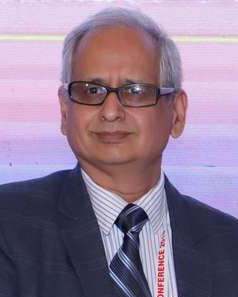
Ashish Bhalla, MD, FACMT
Dr. Ashish Bhalla is a professor of Internal Medicine at the postgraduate institute of medical education and research, Chandigrah, a premier tertiary care medical institute in North Western India. He is an internist with more than 25 years of teaching experience in teaching undergraduates and postgraduate students. He is a trained toxicologist with a fellowship in clinical toxicology from St Thoma’s Hospital London under the guidance of Professor Paul Dargan. He has been a board member and secretary for the Asia Pacific Association of Medical Toxicology (APAMT) for 4 years and will take over as President of APAMT on 1st January 2019. He has been a member of the EXTRIP group and also the Lipid rescue group. He has published extensively in the field of organophosphates, aluminium phsophide, and snake envenomation. Dr. Bhalla has been actively associated with ACMT and CDC for the management of chemical emergencies and disaster training in India. He has also been a visiting faculty to various universities in the USA, Canada, and Australia.
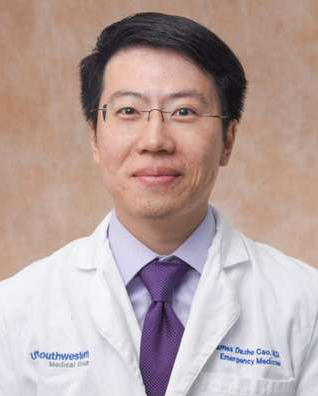
Dazhe Cao, MD, FACMT
Dr. James Cao, MD, FACEP is currently an assistant professor of emergency medicine and the program director for the medical toxicology fellowship at UT Southwestern Medical Center. He graduated from the emergency medicine residency at Carolinas Medical Center in Charlotte, NC and then completed a medical toxicology fellowship at Rocky Mountain Poison and Drug Safety in Denver, CO. His academic interests are in teaching and curriculum development. He has published on a range of topics including laboratory interference, lipid emulsion therapy, marijuana, and toxic alcohols.
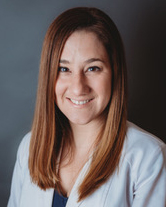
Stephanie Carreiro, MD, FACMT
Stephanie Carreiro, MD is an emergency medicine physician and medical toxicologist. She is a 2009 graduate of New York Medical College and completed her Emergency Medicine Residency in 2013 at Brown University. She completed a medical toxicology fellowship at the University of Massachusetts in 2015 and remained on faculty as an Assistant Professor of Emergency Medicine.
Dr. Carreiro has a passion for novel translational research, which she first discovered during residency while evaluating novel antidotes for cardiotoxicity in animal models. She now focuses on clinical research in the substance use disorder space, with a particular focus on the current opioid epidemic. Her current research interests include the utilization of novel technologies and serum biomarkers to evaluate drug toxicity, substance abuse, and addiction. Dr. Carreiro is also currently pursuing a PhD in Biomedical Sciences from the University of Massachusetts Medical School.
She is the recipient of multiple industry and federally funded research grants, including a K23 Mentored Career Development Award and a R44 Small Business Innovation and Research Award, both from the National Institute on Drug Abuse.
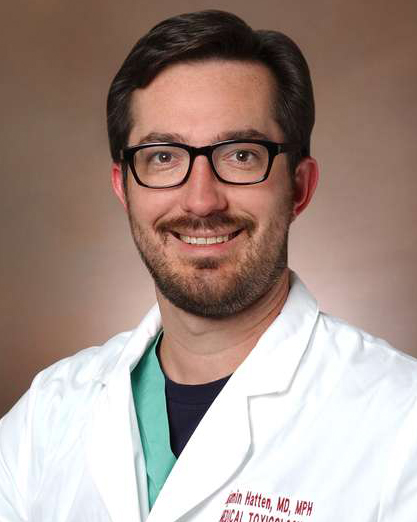
Benjamin Hatten, MD, MPH, FACMT
Benjamin Hatten MD MPH is an Assistant Professor at the University of Colorado School of Medicine in the Department of Emergency Medicine and the Section of Medical Toxicology. In addition, he is Medical Toxicology faculty at the Rocky Mountain Poison and Drug Center, Children’s Hospital of Colorado, and Denver Health Medical Center. In addition, Dr. Hatten is a member of an independent group, Toxicology Associates, with both an office-based outpatient practice and an inpatient consultation service at numerous community hospitals in the Denver metro area. He received his undergraduate degree at Hendrix College and his MD from the University of Texas-Southwestern School of Medicine. He trained in Emergency Medicine at the Denver Health Residency in Emergency Medicine. Subsequently, he completed his medical toxicology fellowship at Oregon Health and Science University, simultaneously obtaining his Masters in Public Health in Epidemiology and Biostatistics. His areas of academic interest include the epidemiology of poisoning, systematic reviews and guideline development, and forensic toxicology.
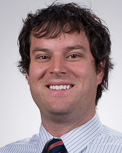
Craig “Will” Heise, MD, FACMT
Will Heise, MD is an Assistant Professor in the Department of Medicine at the University of Arizona College of Medicine-Phoenix. He is a faculty member of the Banner – University Medical Center Phoenix fellowship program. He completed his residency in Family Medicine and then his Medical Toxicology fellowship in Phoenix at Banner – University Medical Center Phoenix. His academic interests are in pharmacogenomics, precision medicine, and drug-induced arrhythmia. He is actively involved in medical student curriculum, teaching, and the Veteran’s Health Administration PHASER pharmacogenomic testing program.
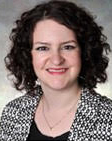
JoAn Laes, MD, FACMT
JoAn Laes, MD, FASAM, FACMT is an addiction medicine physician at Hennepin Healthcare in Minneapolis, Minnesota, focusing on inpatient addiction medicine and toxicology consultation as well as outpatient treatment of opioid and other substance use disorders. She is also a core medical toxicology faculty for the Minnesota Poison Center, Minneapolis, Minnesota, medical director for 1800 Chicago Detox facility in Minneapolis, MN, and medical director for Missions Inc. Detox facility in Plymouth, Minnesota. She is board-certified in Internal Medicine, Medical Toxicology, and Addiction Medicine. She completed her internal medicine residency at Hennepin County Medical Center and medical toxicology fellowship at Regions Hospital in St. Paul, Minnesota.
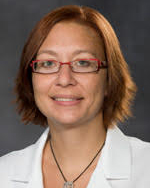
Christine Murphy, MD, FACMT
Dr. Murphy received her BS and MA degrees in Chemistry from the College of William and Mary in Williamsburg, Virginia. She completed both medical school and Emergency Medicine residency at Virginia Commonwealth University, Richmond, Virginia. She completed her Medical Toxicology fellowship at Carolinas Medical Center in Charlotte, North Carolina. She is currently faculty at Carolinas Medical Center faculty and is an Associate Professor in Emergency Medicine. Dr. Murphy is board certified in Emergency Medicine, Medical Toxicology, and Addiction Medicine. She currently serves as the Director of the Medical Toxicology Fellowship Program at Carolinas Medical Center. She is passionate about the care of pediatric patients, and her primary research interest is in identifying alternative uses for existing antidotes.
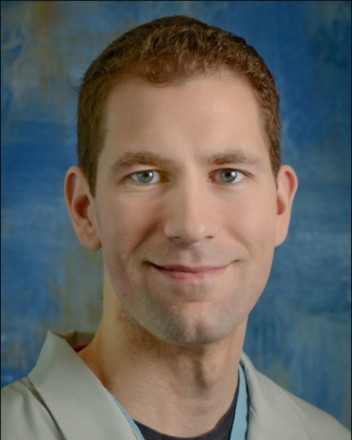
Michael Nelson, MD, MS, FACMT
Michael Nelson, MD, MS is an emergency medicine physician, medical toxicologist, and addiction medicine physician practicing at John H. Stroger Jr. Hospital of Cook County and NorthShore University HealthSystem. He is an Associate Professor of Emergency Medicine at the University of Chicago and a Clinical Instructor of Emergency Medicine at Rush University. He attended the University of Illinois at Urbana-Champaign receiving his undergraduate degree in bioengineering and a Masters degree in biochemistry. He attended medical school at the Chicago Medical School at Rosalind Franklin University. He completed his emergency medicine residency at Cook County Emergency Medicine Residency and his fellowship in medical toxicology at the Toxikon Consortium/Cook County Hospital/University of Illinois at Chicago Medical Center. He is a consultant for the Illinois Poison Control Center. He is also a board-certified addiction medicine specialist. He serves as the Chair of the Prescribing Practices Committee for the Illinois Opioid Advisory Council. His areas of interest include emerging drugs of abuse, substance use disorders, and the use of athletic performance-enhancing drugs.
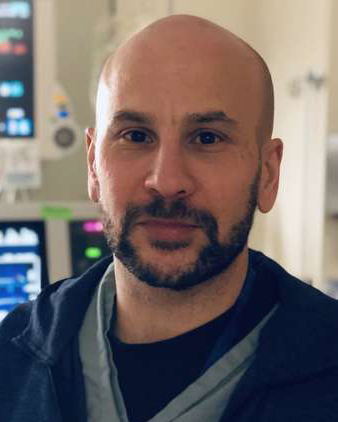
Daniel Ovakim, MD, FACMT
Daniel Ovakim received his medical degree from the University of Toronto, and completed an Internal Medicine residency, followed by fellowships in Critical Care Medicine, and Clinical Pharmacology & Toxicology at The University of Western Ontario. Dr. Ovakim works as a Critical Care Physician in Victoria, British Columbia, and as a medical toxicologist for the Drug and Poison Information Centre (DPIC) in British Columbia and the Poison and Drug Information Service (PADIS) for Alberta Health Services. He is a Clinical Assistant Professor in the Department of Medicine at the University of British Columbia and is the Regional Medical Director for Organ Donation for Vancouver Island. His professional interests include providing toxicology education to residents and medical students, as well as in the critical care management of poisoned patients.
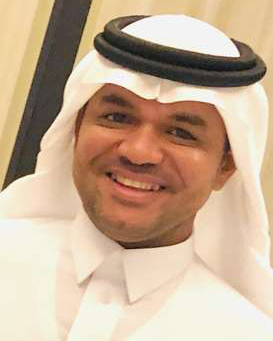
Ismail Sabei, MD, FACMT
Dr. Ismail I. Sabei is a pediatric emergency medicine physician and medical toxicologist. He trained in medical toxicology at Emory University and graduated in 2015. He is board-certified in Pediatrics and Pediatric emergency medicine. He serves on the Medical Toxicology section at Saudi National Emergency Departments Support Program. He is working as a pediatric emergency attending physician and medical toxicologist, a medical toxicologist at King Saud Medical City, and assistant medical director at a pediatric hospital at King Saud Medical City, Riyadh, Saudi Arabia.
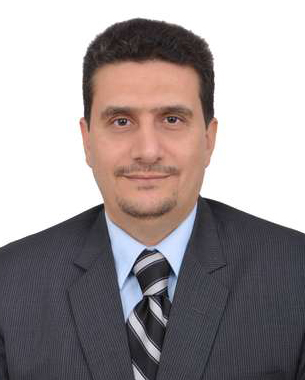
Waleed Salem, MBBS, FACMT
Dr. Salem is faculty in the university of Qatar – College of Medicine, an emergency medicine physician, and a medical toxicologist who practices clinically in Doha, Qatar. He is board-certified in emergency medicine by the Arab Board of Emergency Medicine. He has completed two fellowships, the first in emergency medicine and medical toxicology at Hamad Medical Center, which is an extremely busy tertiary care center in Qatar. As a matter of fact, it is the main care provider for residents of Qatar and is owned and operated by the government. As part of his fellowship at Hamad Medical Center, he obtained a postgraduate diploma in medical toxicology from Cardiff University in the United Kingdom. The second is in emergency teaching from the American College of Emergency Physicians. He is also a fellow of the American College of Medical Toxicology
Waleed played an essential role in developing the medical toxicology consult services at Hamad Medical Center and support the Department of Health Emergency Preparedness Division in their chemical emergency preparedness projects.
Dr. Salem currently is an active member of the Ministry of Public Health Technical Committee for National Toxicology Guidelines subcommittee. He is also a member of the Middle East and North Africa Clinical Toxicology Association and participated in all the conferences since he joined.
Waleed also serves as co-director of the Medical Toxicology group at Hamad general Emergency Department. He established on-call coverage for all poisoning cases that cover all hospitals in Qatar 24/7. He is also working as an emergency attending physician at Hamad Medical Corporation Center.
Lastly, Waleed is originally from Yemen and has dedicated a tremendous amount of effort in advancing the emergency medicine and toxicology there.
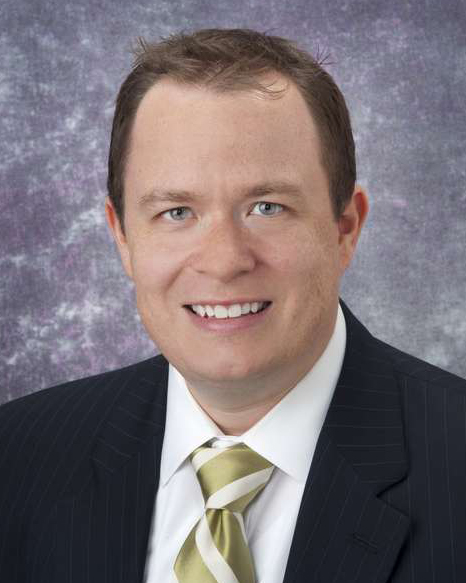
Joseph Yanta, MD, FACMT
Dr. Yanta is currently an Assistant Professor of Emergency Medicine at the University of Pittsburgh School of Medicine. He has clinical roles as a Medical Toxicologist, Emergency Physician, and Addiction Medicine Specialist at the University of Pittsburgh Medical Center. He is the Assistant Program Director of the Medical Toxicology Fellowship and a core faculty member of the Emergency Medicine Residency. He is currently a course director of ‘Ethics, Law, and Professionalism’ – an MS1 course – and ‘Clinical Pharmacology’ – an MS4 selective. He is highly active in undergraduate medical education and has advisory and administrative roles within the University of Pittsburgh School of Medicine. He is originally from Milwaukee, WI and completed his undergraduate studies at the University of Wisconsin – Madison. He then went on to medical school at the University of Chicago Pritzker School of Medicine. He completed his Emergency Medicine residency and Medical Toxicology fellowship at the University of Pittsburgh. He and his wife Claire have two children, Samuel and Madeleine.
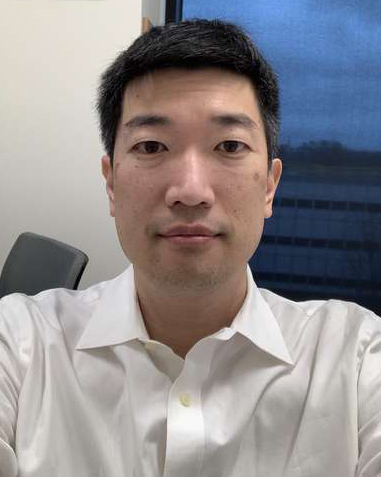
Shan Yin, MD, MPH, FACMT
Shan Yin, MD, MPH is an associate professor of pediatrics at the University of Cincinnati Schools of Medicine. He currently serves as the medical director of the Cincinnati Drug and Poison Center and has been the medical director since 2011. He is also is a faculty member in the division of emergency medicine at Cincinnati Children’s Hospital. His research interest includes child abuse via medication administration.
He graduated from Dartmouth College and then received his MPH from the University of Michigan. In 2001, he graduated from Case Western Reserve University School of Medicine. He finished his general pediatrics residency training at Children’s Hospital Los Angeles in 2004. He then went on to complete a pediatric emergency medicine fellowship at Children’s Memorial Hospital in Chicago and most recently completed a medical toxicology fellowship in 2010 at the Rocky Mountain Poison and Drug Center in Denver, CO.
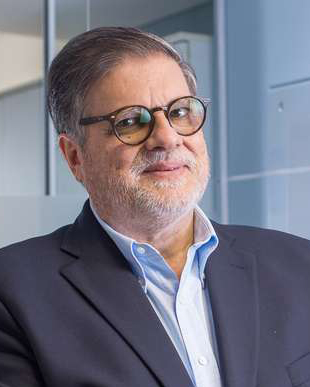
Flavio A. Zambrone, MD, PhD, FACMT
Dr. Flavio A. D. Zambrone is a physician with training in Internal Medicine and Nephrology. He is a Specialist in Public Health and has a PhD degree in Medicine, both from the State University of Campinas (UNICAMP), Brazil. Dr. Zambrone also attended an improvement specialization program in Toxicology and Clinical Pharmacology at the University of Paris VII – Hospital Fernand Widal (France).
Dr. Zambrone was a Professor of Clinical Toxicology at the Faculty of Medical Sciences of the State University of Campinas Brazil from 1983 to 2007, where he organized and directed the Poison Control Center for over 20 years. He actively contributed to the training of masters and doctors in Toxicology and Public Health.
In 1993, he founded the Toxicology Company Planitox, where he holds the position of CEO. Planitox specializes in Risk and Safety Assessment and Emergency Toxicological Care and provides service to the main companies present in Brazil. In 2018, the company expanded to the US and Dr. Zambrone assumed as director at Planitox International Consulting. Since 2013 Dr. Zambrone is also CEO of the Brazilian Institute of Toxicology (IBTox), a company founded by him with the aim to promote courses and training in Clinical and Regulatory Toxicology.
Dr. Zambrone is the author and/or co-author of 17 books and dozens of Toxicology-related articles published in national and international journals. With nearly 40 years of experience in Toxicology, he is a respected consultant in this area, having worked for numerous government agencies, companies, and business associations, including the World Health Organization, Pan American Health Organization, and the Ministries of Health, Environment and Agriculture in Brazil. He has lectured and participated in Congresses in dozens of countries, including Latin and Central America, the United States and Mexico, and several European countries.
He also held senior management positions or participated in technical committees of the Brazilian Society of Toxicology, Latin American Association of Toxicology, International Life Science Institute, and the Health Environmental Institute.
Dr. Zambrone currently directs and coordinates a team of 30 professionals who provide advice on Clinical Toxicology, Toxicological Emergencies, Risk Assessment, and Safety. He works directly in the management of corporate crises and lawsuits related to Toxicology and Health. He has a special interest in the dissemination of scientifically-based information on Toxicology, Risk Assessment, and Accident Prevention with chemical substances and in the correct Risk Perception related to these substances.

Badria Al Hatali, MD, FACMT
Dr. Al Hatali is the head of the poison control section at the environmental and occupational health department at the Ministry of Health in Oman. She also serves as the Middle East and North Africa Association of Medical Toxicology (MENATOX) Treasurer. She is an Acting consultant in the Emergency Medicine Department at Royal Hospital. She graduated from Oman Medical Specialty Board in 2012 as well as certified by the Arab Emergency Medicine Board. She finished her Post Doctoral Fellowship in medical toxicology at Emory University and the Georgia Poison Center in Atlanta, GA USA in 2014. She has lectured in countries around the world and has awards to her credit. Dr. Al Hatali often teaches at the Oman Medical Speciality Board in Oman and has a true passion for Toxicology.
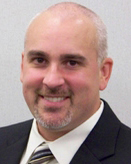
Robert Cannon, DO, FACMT
Dr. Cannon is an Assistant Professor of medicine at the University of South Florida’s Morsani College of Medicine, the academic affiliation of Lehigh Valley Health Network (LVHN). His clinical practice at LVHN includes emergency medicine, medical toxicology, and addiction medicine. Dr. Cannon attended medical school at Philadelphia College of Osteopathic Medicine followed by an emergency medicine residency at LVHN and medical toxicology fellowship at Banner – University Medical Center in Phoenix, AZ. After helping to establish a medical toxicology consult service at LVHN, Dr. Cannon became the founding and current Program Director of its medical toxicology fellowship. His passions lie with the education of future toxicologists and advocacy for the importance of the bedside medical toxicologist.

Michael Darracq, MD, FACMT
Mike Darracq is an Associate Professor of Clinical Emergency Medicine at the University of California, San Francisco (UCSF) and practices Emergency Medicine and Medical Toxicology at UCSF-Fresno. His professional interests include toxicology education for residents and medical students, novel antidotal therapy, novel psychoactive substance diagnosis, treatment, and trafficking, and novel diagnostic testing in emergency and toxicology patients.
Dr. Darracq is originally from San Diego, California, and completed Medical School and EM residency at UC Davis. Prior to completion of a Medical Toxicology Fellowship at UCSD, Dr. Darracq served on Active Duty with the United States Navy including deployment to Afghanistan as an emergency medicine physician mentor to the Afghan National Army.
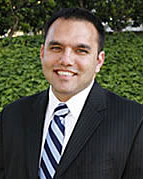
Timur Durrani, MD, FACMT
Dr. Timur S. Durrani earned his Medical Degree from the University of Arizona, where he also earned his Master of Public Health. He is a graduate of the UCSF Occupational and Environmental Medicine Residency and the UCSF Medical Toxicology Fellowship. He holds board certifications in Family Medicine, Preventive Medicine, Occupational Medicine, and Medical Toxicology. Dr. Timur S. Durrani is the Medical Director of Health Services at Lawrence Berkeley National Laboratory, Assistant Medical Director for the San Francisco Division of the California Poison Control Center, and an Associate Clinical Professor of Medicine at the University of California San Francisco, where he holds appointments in the Department of Medicine, Division of Occupational and Environmental Medicine and Department of Family Medicine. His academic interests include occupational and environmental toxicology of adults and children.
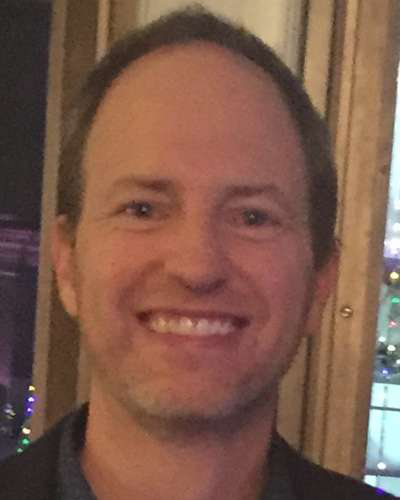
Blake Froberg, MD, FACMT
Blake Froberg is an Associate Professor of Emergency Medicine and Pediatrics at the Indiana University School of Medicine in Indianapolis. Since the completion of his training in 2007, he has worked as a medical toxicologist, pediatric hospitalist, and associate medical director of the Indiana Poison Center.
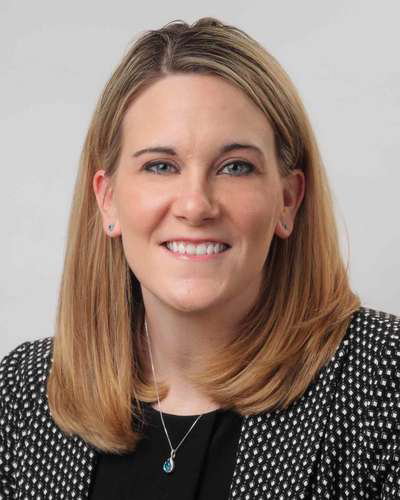
Melissa Gittinger, DO, FACMT
Melissa Gittinger, DO is an Assistant Professor at Emory University in the Department of Emergency Medicine and Division of Medical Toxicology. She attended medical school at Kansas City University of Medicine and Biosciences followed by an emergency medicine residency at Indiana University. After the completion of her medical toxicology fellowship at Emory University in 2014, she became a faculty member at the University of Washington in Seattle, Washington in the Division of Emergency Medicine. In 2017 she returned to Emory University where she is the director of the medical toxicology clerkship and core faculty for the Emory/Centers for Disease Control and Prevention Medical Toxicology Fellowship. Her areas of interest and research include medical education and trainee mentoring, emerging illicit drugs of abuse, and health policy. She is actively involved in teaching fellows, residents, medical students, and ancillary staff in multiple specialties throughout medicine.
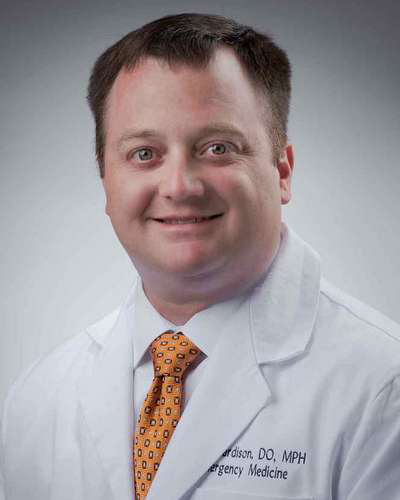
Lewis Hardison, Jr., DO, MPH, FACMT
Dr. Hardison completed a fellowship program in Medical Toxicology at the University of Virginia in Charlottesville, Virginia in 2014. He is a Clinical Instructor of Surgery at the University of South Carolina School of Medicine and an Adjunct Clinical Assistant Professor with the University of South Carolina College of Pharmacy in Columbia, South Carolina. He works clinically as an attending physician at Palmetto Health Richland where he is the Director of the Medical Toxicology Sub-Specialty tract for the Emergency Medicine program. He is the Assistant Medical Director of the Palmetto Poison Center in Columbia, South Carolina. He and his wife Tina have two children, Lewis and Anna.
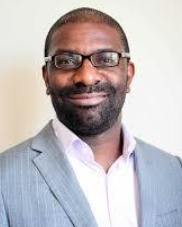
Christopher Hoyte, MD, FACMT
Christopher Hoyte, MD is the Associate Medical Director and Fellowship Director of the Rocky Mountain Poison Center. He currently sits on the Board of Trustees for the American Academy of Clinical Toxicology. He is an Associate Professor at the University of Colorado School of Medicine in the Department of Emergency Medicine and the Section of Medical Toxicology. He currently serves as the Medical Director of the Medical Toxicology Clinic at the University of Colorado Hospital. He attended Princeton University receiving his undergraduate degree in molecular biology. He completed his medical toxicology fellowship at the Rocky Mountain Poison and Drug Center in Denver, Colorado. His area of research interest is in the use of athletic performance-enhancing drugs.
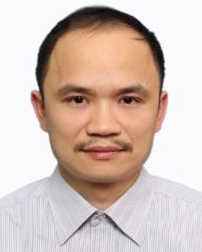
Quang Thuan Le, MD, PhD, FACMT
Dr. Le Quang Thuan is working at the Poison Control Center (PCC) of Bach Mai hospital – a multi-field medical facility in Hanoi and is considered one of the largest in Vietnam. He received his PhD in Clinical Medicine from 108 Institute of Clinical Medical and Pharmaceutical Sciences, Master Degree in Internal Medicine from Vietnam Military Medical University, Degree of General Medicine at Hanoi Medical University; and Certificate of Diplome Inter Universitaire Urgences Medicales et Chirurgicales et de Catastrophes. Along with his FACMT, he is a member of the Vietnam Association of Emergency Critical Care Medicine and Medical Toxicology, Asia Pacific Association of Medical Toxicology, Society of Toxicology, and American Society for Apheresis.
He has been working as Medical Toxicologist and Critical Care Specialist from 2009 up to now at the PCC, the only biggest and famous poison control center for not only treatment, and clinical research but also training and education in Vietnam. He and his colleagues at the PCC have treated approximately 2000 patients annually in which many of them were severely poisoned patients and accumulated experiences and successes in the field of treatments for agricultural chemicals such as organophosphate, paraquat, nereistoxin poisoning; bee stings, and thousands of cases of snakebite including Naja, King cobra, Krait and Viper; severe lead poisonings; amatoxin, ochratoxin A and methanol poisoning outbreaks; drug abuses and other kinds of toxins, etc. A lot of research and technique about emulsified charcoal, snake antivenoms, gastric lavage with closed circuit, plasma exchange, continuous veno-venous hemofiltration, and hemoperfusion were effectively carried out and applied in the center. Training courses on the management of poisonings for Vietnamese and international doctors from around the world also are often taught here.
Dr. Le is particularly interested in research about toxin-induced hepatic injury and blood purification in toxicology where he indeed had a successful study about the role of a suitable combination of aggressive plasma exchange with other therapies in the treatment of severe toxic hepatitis.
He and his colleagues continuously promote better treatment practice and protocol, research, training, and education in toxicology not only for domestic but also for international cooperation.
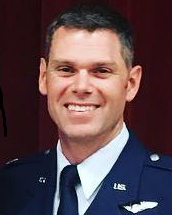
Joseph Maddry, MD, FACMT
Lt Col Joseph Maddry is an emergency physician and medical toxicologist. He currently serves as the Director of the US Air Force En route Care Research Center (ECRC) located at the US Army Institute for Surgical Research and as the Director of the Clinical Resuscitation, Emergency Sciences, and Toxicology (CREST) Research Program. In this position, he oversees 18 personnel and a $14.8 million dollar research portfolio. He is an author of over 40 peer-reviewed publications and 110 research presentations. The Society of Academic Emergency Medicine recognized Dr. Maddry’s research as one of the best publications of 2014. Most recently, Maj Maddry was awarded the 2017 USAF Outstanding Achievement in Clinical Research Award and the 2018 Military Health System Research Symposium Small Team Research Accomplishment Award for Excellence.
His career appointments include serving as a Board Certified Staff Emergency Medicine Physician and Medical Toxicologist at the San Antonio Military Medical Center (SAMMC); and Assistant Professor of Emergency Medicine with the Uniformed Services University of the Health Sciences. Additionally, Maj Maddry was deployed to a Level III evacuation hub in Afghanistan where he served as a Staff Physician and Toxicologist as well as to Baghdad, Iraq, and Burkina Faso, Africa where he provided CBRE and En Route Care training to local medical personnel.
Dr. Maddry earned his BS from the US Air Force Academy in 2001. He attended medical school at the Uniformed Services University in Bethesda, MD, where he was selected as a member of the Alpha Omega Alpha honor society. He completed his emergency medicine residency at the San Antonio Military Medical Center and his medical toxicology fellowship at the Rocky Mountain Poison and Drug Center in Denver, Colorado.
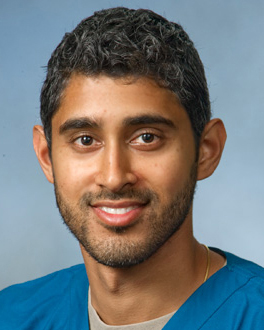
Mohan Punja, MD, FACMT
Mohan Punja, MD is an Assistant Professor at The NW Campus of Georgia Regents University at Wellstar Kennestone Regional Medical Center in Marietta, GA. He works clinically in emergency medicine in the adult and pediatric Emergency Department at Kennestone. He is currently the co-director of the Medical Toxicology consult service at Kennestone, and Director of Simulation Training for the Emergency Medicine Residency Program. He attended medical school at the University of Virginia, followed by residency training at Mt. Sinai Beth Israel in Manhattan, NY. He completed his medical toxicology fellowship at Emory/CDC in 2013, after which he became a faculty member at East Carolina University until returning to Georgia in 2016. His areas of interest include pediatrics, illicit drugs of abuse, and the use of simulation in teaching toxicology.
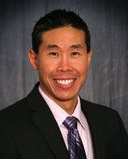
Dany Quan, DO, FACMT
Dan Quan, D.O. is the Director of Toxicology at Maricopa Integrated Health System and is a faculty member in the emergency medicine residency program. He is a medical toxicologist and founder of Toxicology Consultants of Arizona as well as a part-time consultant to the Arizona Poison and Drug Information Center in Tucson. He received his osteopathic medical degree from Midwestern University in Glendale, Arizona, completed an emergency medicine residency at Provident Hospital of Cook County in Chicago, Illinois, and a fellowship in medical toxicology from Banner Good Samaritan Medical Center in Phoenix, Arizona.
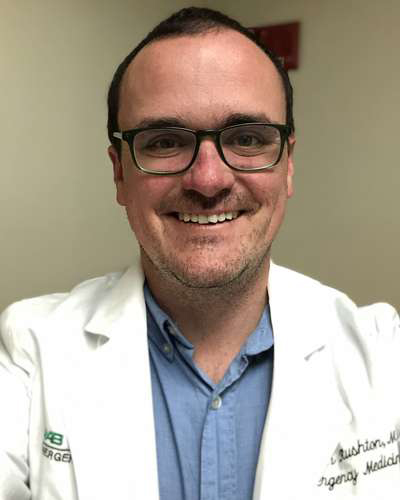
William Rushton, MD, FACMT
William Rushton, MD received his medical degree from Gerorgetown University and completed an emergency medicine residency followed by a medical toxicology fellowship at the University of Virginia. Following residency, he relocated farther south to the University of Alabama at Birmingham and to the Regional Poison Control Center at Childrens of Alabama. He currently is an assistant professor of emergency medicine as well as the co-director of the office of medical toxicology. As co-director of the office of medical toxicology, he runs the medical toxicology rotation which is required for all emergency medicine residents, and takes 50% of the call for the 24/7 inpatient consult service. Current interests include standardized units for snake envenomations, management of refractory serotonin neurotoxicity, and continued medical education in medical toxicology.
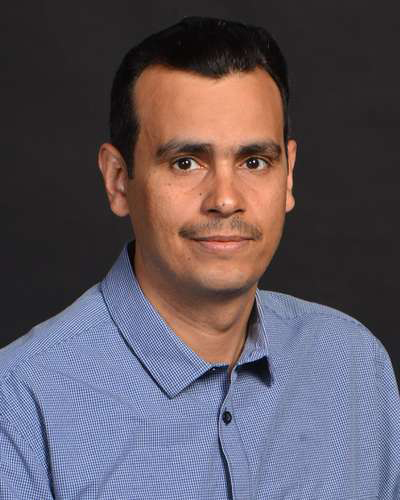
Nahar D. Alruwaili, MBBS, FACMT
Dr. Nahar Alruwaili is a pediatric emergency medicine physician and medical toxicologist. He trained in medical toxicology at Emory University. He is board-certified in Pediatrics and Pediatric emergency medicine. He also received pediatric emergency training from the University of Toronto, Hospital for Sick Children. He is an associate professor of pediatrics at Al Faisal University School of Medicine. He serves as director of the Medical Toxicology section at the Saudi National Emergency Departments Support Program. He is also working as a pediatric emergency attending physician at King Faisal Specialist Hospital and Research Center. Dr. Nahar served as program director of pediatric emergency fellowship at King Faisal Specialist Hospital and Research Center, Riyadh, Saudi Arabia. His research interest is pediatric poisoning.
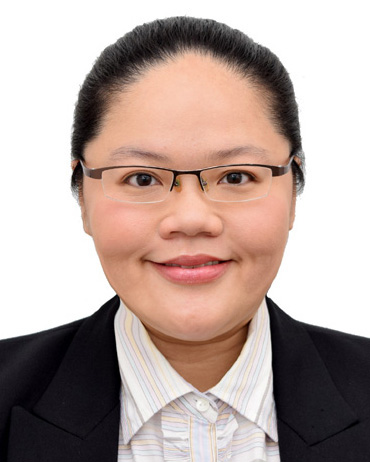
Wui Ling Chan, MBBS, FACMT
Dr. Wui Ling Chan is a Senior Consultant in the Emergency Department of Tan Tock Seng Hospital, Singapore. She is also one of the clinical toxicologists providing toxicological consultation services in the hospital. She contributes to the local and regional toxicology development as a Board Member of the following societies: 1) Toxicology Society, Singapore, 2) Section of Clinical Toxicologists (College of Emergency Medicine, Singapore) and 3) Asia Pacific Association of Medical Toxicology (APAMT). She is involved in the training and preparedness for chemical incidents through her role in the national disaster site medical command team. Her clinical and research interests are in recreational drugs toxicity, prescription medicine misuse, disaster preparedness, and management of chemical incidents.
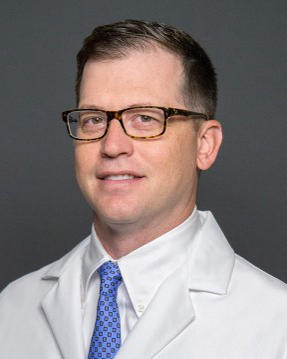
Joseph D’Orazio, MD, FACMT
Joseph D’Orazio, MD is an assistant professor at Lewis Katz School of Medicine at Temple University and works in emergency medicine, medical toxicology, and addiction medicine. Dr. D’Orazio serves as Temple University Hospital’s only medical toxicologist providing inpatient bedside consultation. He trained at Drexel University for medical school, emergency medicine residency, and medical toxicology fellowship. He previously served as the medical toxicology division director and program director for the medical toxicology fellowship at Einstein Medical Center.
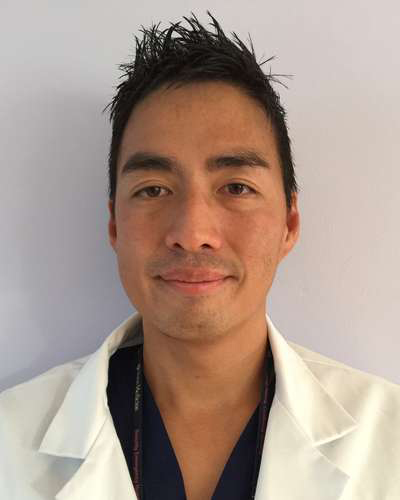
David H. Jang, MD, FACMT
David H. Jang, MD, MSc or DJ is an Assistant Professor at the University of Pennsylvania in the Department of Emergency Medicine and Division of Medical Toxicology and Critical Care Medicine (ResCCU). DJ attended medical school at Tufts University School of Medicine followed by an emergency medicine residency at the University of Pittsburgh and a medical toxicology fellowship at New York University. After completing his medical toxicology fellowship, DJ stayed on as faculty at NYU to obtain his MSc in translational research focusing on cardiovascular toxicity from poisoning. DJ then arrived at Penn in 2014 to complete a NHLBI K12 program and is now currently faculty at Penn. DJ’s research interest is in studying the interaction of mitochondrial bioenergetics and dynamics in the area of acute toxicologic poisoning with the combination of high-resolution respirometry and microscopy using human blood cells. DJ is currently taking a translational approach studying the mitochondria at a cell-based level all the way to the clinical setting actively enrolling patients with these acute medical conditions with the goal to develop better prognostic measures with application for mitochondrial-directed therapy.
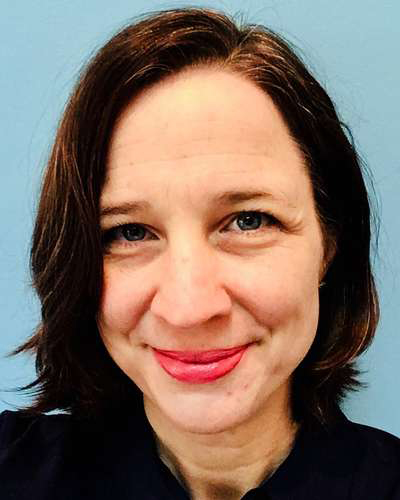
Nancy G. Murphy, MD, FACMT
Nancy G. Murphy, MD, FACMT is an Assistant Professor of emergency medicine at Dalhousie University in Nova Scotia, Canada, and a board-certified medical toxicologist. She completed her fellowship in medical toxicology at UCSF in 2005 and since then has served as medical director of the IWK Regional Poison Centre in Halifax, Nova Scotia, Canada. Her main area of interest and research is antidote stocking and distribution: she and a small group of pharmacists and nurses implemented a province-wide antidote program that ensures appropriate and timely access to antidotes in emergency departments across Nova Scotia. She is actively involved in teaching residents in emergency medicine, critical care, pediatrics, and internal medicine as well as medical students.

Rittirak Othong, MD, FACMT
Dr. Rittirak Othong is the Emergency Medicine Program Director and Medical Toxicologist at the Department of Emergency Medicine, Faculty of Medicine Vajira Hospital, Navamindradhiraj University, Bangkok, Thailand. He received his training in Post-doctoral fellowship in Medical Toxicology at Emory University/Georgia Poison Center and graduated in 2012. He joined the ACMT ToxIC Registry in 2013 as an international member and as a full member in January 2017. His research interests are about drug-induced QT prolongation, envenomation (green pit viper and centipede), and recreational drug abuse in adolescents and young adults.
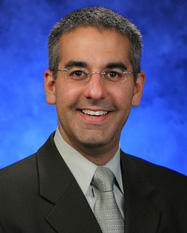
Joseph Rasimas, MD, PhD, FACMT
Dr. Rasimas attended the University of Scranton and graduated summa cum laude with degrees in biochemistry, mathematics, and philosophy. He completed the Medical Scientist Training Program at Penn State University, earning a Ph.D. in chemical biology (2002) and M.D. (2003). Upon graduation from the Penn State College of Medicine, Dr. Rasimas matriculated to psychiatry residency training at the Mayo Clinic in Rochester, Minnesota. He received the National Institute of Mental Health (NIMH) Outstanding Resident Award in 2005 and was a clinical fellow at the NIMH, training in consultation-liaison psychiatry, bioethics, and clinical research. Dr. Rasimas has studied psychoanalytic psychotherapy at the Minnesota Psychoanalytic Society and Institute and the Washington School of Psychiatry. He served as a C/L psychiatrist for Milton S. Hershey Medical Center and remains an Associate Professor of Psychiatry and Emergency Medicine for the Penn State College of Medicine, there. He completed the critical care-based medical toxicology fellowship at Penn State, obtained board certification in addiction medicine, and then returned to NIMH to join the Undiagnosed Diseases Program and the Intramural Research Program to oversee clinical trials in mood and anxiety disorders. He is also a Fellow of the Academy of Psychosomatic Medicine and a Laughlin Fellow with membership in the American College of Psychiatrists. Dr. Rasimas is now at Hennepin County Medical Center in St. Paul, Minnesota, where he focuses on acute psychosomatic care and bioethics, and serves the residency and fellowship programs in psychiatry and toxicology. He is an Associate Professor at the University of Minnesota, pursuing an academic medical career at the interface of psychosomatic medicine, medical toxicology, and psychodynamic psychotherapy with a primary clinical interest in the phenomenology of suicide.
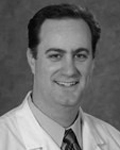
Mark Sutter, MD, FACMT
Mark Sutter is a Professor and Vice-Chair of Emergency Medicine at the University of California, Davis in Sacramento, California. Dr. Sutter serves as the Division Director for medical toxicology and previously for 8 years as the fellowship program director. In these roles, he administratively managed the clinical division and focused on educating future toxicologists.
Dr. Sutter is originally from Lodi, California which is an agricultural community near Sacramento. Before returning to the University of California, Davis, he completed his medical toxicology fellowship at the Emory University/ US Centers for Disease Control and Prevention in Atlanta.
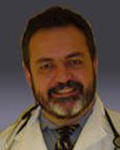
Andrew Topliff, MD, FACMT
Dr. Topliff attended medical school at the University of Washington School of Medicine, Seattle. He then completed an Emergency Medicine Residency and a Toxicology fellowship at Hennepin County Medical Center. He has since boarded in Addiction Medicine. He is involved in the education of toxicology fellows which is one of his passions. He also serves the Native American population mostly treating opioid and methamphetamine addiction.
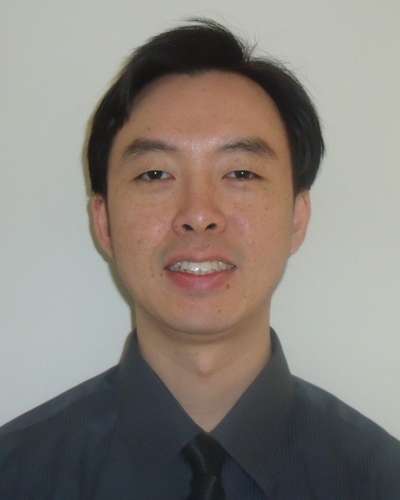
Anselm Wong, MBBS, FACMT
Anselm Wong is an emergency physician and clinical toxicologist at the Austin Hospital and the Victorian Poisons Information Centre in Melbourne, Australia where he also completed his toxicology fellowship. He also consults for the New South Wales Poisons Information Centre and Monash Health in Australia. He is a senior lecturer for the University of Melbourne and Monash University, Australia, and is passionate about improving the risk assessment and management of acetaminophen poisoning, the subject of his PhD (National Health and Medical Research Council Scholar). Other research interests include therapeutics and management of complications from cannabis use and global toxicology education. For that reason, he has helped found and lead the Global Educational Toxicology Uniting Project (GETUP) (www.acmt.net/GETUP), run through the International Section of the ACMT.
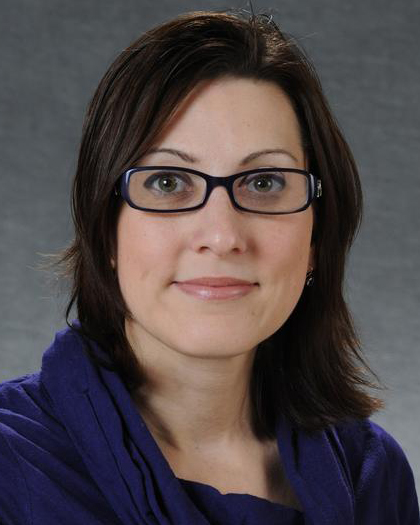
Maryann Amirshahi, MD, MPH, PharmD, FACMT
Maryann Amirshahi completed her PharmD at the University of the Sciences in Philadelphia, followed by medical school at Temple University. She completed her emergency medicine residency at the Hospital of the University of Pennsylvania, medical toxicology fellowship at the George Washington University, and clinical pharmacology fellowship at Children’s National Medical Center. She also received an MPH from George Washington University focusing on environmental and occupational health. She is board certified in emergency medicine, medical toxicology, addiction medicine, and clinical pharmacology. She is an Assistant Professor of emergency medicine at the Georgetown University School of Medicine and practices clinically at MedStar Washington Hospital Center and Children’s National Medical Center. She serves as a toxicology consultant for the Mid-Atlantic Center for Children’s Health and the Environment and the National Capital Poison Center. Her research interests include medication safety, medical toxicology, and prescription drug abuse.
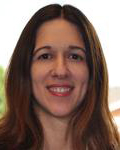
Heather Borek, MD, FACMT
Heather Borek, MD is an Assistant Professor of Emergency Medicine and Medical Toxicology at the University of Virginia School of Medicine. She received her Bachelor of Science degree in Chemistry from UVA, then attended medical school at the University of Connecticut. She returned to UVA for her Emergency Medicine Residency and Toxicology Fellowship training. Dr. Borek currently serves as the Associate Medical Director of the Blue Ridge Poison Center as well as the Associate Fellowship Director. Her interests include wilderness medicine, education, and natural toxins.

Jennie Buchanan, MD, FACMT
Jennie A. Buchanan received her BS in Environmental Sciences from UC Santa Barbara, a medical degree from UC San Diego, and then completed her residency and fellowship training in Denver, CO at the Denver Health Residency in Emergency Medicine and Rocky Mountain Poison and Drug Center. She has been a faculty member at Denver Health and Hospital Authority in the Department of Emergency Medicine and Rocky Mountain Poison and Drug Center since 2009. Currently, she is an Associate Professor in the Department of Emergency Medicine at CU SOM, the Associate Program Director for the Denver Health Residency in Emergency Medicine, and the SANE Physician Advisor. Her academic and research interests include cocaine, levamisole, graduate medical/medical toxicology education, and sexual assault care as it pertains to drug-facilitated sexual assault.
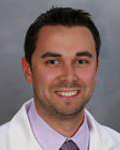
Jarrett Burns, DO, FACMT
Dr. Burns was born and raised in New York City. He went to Boston College for his undergraduate education. He returned to NY to attend NYCOM for medical school. He completed his residency in Emergency Medicine and fellowship training in Medical Toxicology at UMass Med School.
Dr. Burns is currently an assistant professor at UMass Medical School and continues to educate medical students, residents, and fellows in Worcester, MA. He is also the Secretary of the Medical Staff and Associate Chief of the Emergency Department at Harrington Memorial Hospital in Southbridge, MA. He performs bedside toxicology consults at both the Southbridge and Webster campuses of Harrington Memorial Hospital. He is an active member of the governmental affairs committee of the Massachusetts chapter of ACEP. Currently, they are campaigning to bring an end to the boarding of psychiatric patients in emergency departments across the state. He is a lead member of the South Central Massachusetts Opioid Working Group actively involved in fighting the opioid crisis in our community. Dr. Burns also really enjoy sports, cooking, and traveling when he is not working clinically.
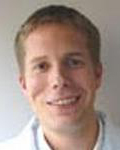
Nathan Charlton, MD, FACMT
Nathan Charlton is an associate professor of Emergency Medicine at the University of Virginia. Following a residency in Emergency Medicine at the University of South Carolina / Palmetto Health Richland fellowship in Medical Toxicology at the University of Virginia, he joined the faculty at UVA in 2009. He serves as the Program Director for the Medical Toxicology fellowship and one of the Assistant Program Directors for the Emergency Medicine residency. He also serves as the Associate Medical Director of the Blue Ridge Poison Center, Chair of the UVA Drug Shortage Task Force, member of the University of Virginia Pharmacy and Therapeutics Committee, and serves on Virginia’s Medicaid Pharmacy and Therapeutics Committee. He has been involved in the evaluation of international first aid guidelines and research with the International Liaison Committee on Resuscitation, the American Heart Association, and the American Red Cross. Research interests include timber rattlesnake envenomation, first aid, and sedation of the acutely agitated poisoned patient.
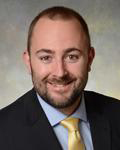
Jon Cole, MD, FACMT
Jon B Cole, MD, is Medical Director of the Minnesota Poison Control System, a core faculty emergency physician at Hennepin County Medical Center (HCMC), and an Associate Professor of Emergency Medicine at the University of Minnesota Medical School. He completed his residency in emergency medicine at HCMC and his fellowship in medical toxicology at Regions Hospital and the Hennepin Regional Poison Center/Minnesota Poison Control System. His research interests include sedation of patients with acute undifferentiated agitation, the use of high dose insulin in poison-induced cardiogenic shock, and medication management.
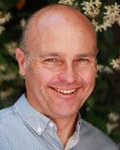
Shaun Greene, MBBS, FACMT
Shaun Greene is the Medical Director of the Victorian Poisons Information Centre, Director of Clinical Toxicology Austin Health (Melbourne), and consultant clinical toxicologist at the NSW Poisons Information Centre. He is an Emergency Physician, having undertaken training in Australasia and the United Kingdom. He undertook his training in clinical toxicology in London and completed a Masters in Medical Toxicology at Cardiff University. His active research interests include hospital and community interventions designed to limit prescription pharmaceutical-related harm, and remote toxicology education. He has participated in state-based community programs including real-time prescription monitoring, medicinal cannabis, community naloxone, and prescription opioid harm reduction interventions.
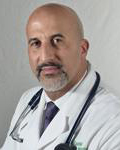
John Kashani, DO, FACMT
Dr. Kashani completed his residency training in Emergency Medicine at Morristown Memorial Hospital in New Jersey and his medical toxicology training at Banner Good Samaritan Medical Center in Phoenix Arizona. He is board-certified in both Medical Toxicology and Emergency Medicine. He served as the assistant director of the New Jersey Poison Center and developed the first hospital-based Medical Toxicology consultation service in New Jersey at St. Josephs Regional Medical Center in Patterson, New Jersey. He is the Director of Toxicology services at St. Josephs and a staff toxicologist at the New Jersey Poison Center.
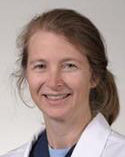
Heather Long, MD, FACMT
Dr. Heather Long is board certified in emergency medicine and medical toxicology. She attended Cornell University for her undergraduate degree, and after living in Japan for a couple of years, went to New York Medical College. She did her residency at Jacobi Medical Center in the Bronx and her medical toxicology fellowship at NYU-Bellevue. She started the fellowship in medical toxicology at North Shore University Hospital and then headed north. She is now the director of medical toxicology at Albany Medical Center and serves as a consulting toxicologist with the Upstate New York Poison Center at SUNY Upstate Medical Center in Syracuse. She serves on her hospital’s pharmacy and therapeutics committee and is active in medical student and resident education, particularly in the area of medical simulation.
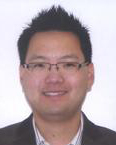
Derrick Lung, MD, MPH, FACMT
Derrick Lung, MD, MPH, FACMT is currently practicing emergency medicine at San Mateo Medical Center, where he is optimistic about starting a medical toxicology practice within the upcoming year. He provides quarterly medical toxicology CME content for CEP America, a multi-specialty physician group that includes over 3000 physicians and mid-level providers. He trained at The George Washington University for Emergency Medicine, and the University of California, San Francisco for Medical Toxicology. He has been married to Audrey, a kind, strong, and beautiful woman (and his all-hours pediatrics consultant), for 10 years. They have 3 boys, ages 7, 5, and 2, to whom he is trying to teach the fine arts of soccer, bike riding, Pokemon Go/TCG, and using the potty.

Jennifer Oakes, MD, FACMT
Dr. Oakes completed her MD at the State University of New York – Upstate Medical University in Syracuse in 2000 and went on to the Harvard residency in Emergency Medicine at Beth Israel Deaconess Medical Center in Boston, finishing in 2003. She finished her Medical Toxicology training at the CDC-Emory program in Atlanta in 2005. After fellowship, Dr. Oakes went on to become first the associate director, then medical director of the Nebraska Regional Poison Center in Omaha. In 2009, she moved to British Columbia, Canada, and then in 2012 to Albany Medical Center, in Upstate NY, where she helped establish a resident didactic rotation in toxicology for the emergency medicine residents and PA fellows, an inpatient toxicology consultation service, and an outpatient clinic. During her time in NY, she also consulted and taught with the central NY poison center in Syracuse
Currently, she is the Associate Program Director of the Emergency Medicine Residency at Kaweah Delta Medical Center in Visalia, California, and is an Associate Clinical Professor at both Western University of Health Sciences/College of Osteopathic Medicine as well as the University of California-Irvine.
Interests include natural toxins including herbals & traditional medicines, plant toxins and toxicology, acute and critical care toxicology, forensics, and toxicology history. Currently, Dr. Oakes is enrolled in distance learning coursework at the University of Florida to earn her masters in forensic toxicology.

Diane Sauter, MD, FACMT
Diane Sauter, MD is an emergency medicine physician and medical toxicologist. She trained in medical toxicology at NYU with Dr. Lewis Goldfrank. She spent some time as the Associate Medical Director of the NYC Poison Control Center and later the Program Director for the teaching program in emergency medicine at NY Medical College. Dr. Sauter was also the Chairman of the Department of Emergency Medicine at Greater Southeast Hospital in Washington DC. Currently on the faculty at the Georgetown University Program in Emergency Medicine, Dr. Sauter does much of the toxicology teaching. Additionally, she teaches at the National Capitol Poisons Center. Interests include poisonous and medicinal plants and venomous creatures.
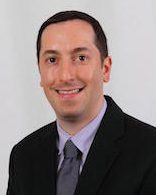
Evan Schwarz, MD, FACMT
Evan Schwarz, MD is an Assistant Professor of Emergency Medicine at Washington University in Saint Louis, Missouri. He trained in emergency medicine at Washington University prior to completing his fellowship in medical toxicology at the University of Texas Southwestern School of Medicine. He is also board certified in addiction medicine. Dr. Schwarz is the Section Chief and Fellowship Director for medical toxicology. He has been active in the practice of medical toxicology and presently serves on the ACMT Board of Directors. Outside of toxicology, he is active in the Missouri College of Emergency Physicians, having served on their board of directors since 2011. He is also an Advisory Dean at the Washington University School of Medicine.
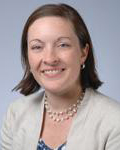
Laura Tormoehlen, MD, FACMT
Laura Tormoehlen, MD is an Assistant Professor of Clinical Neurology and Emergency Medicine at Indiana University and is board certified in neurology and medical toxicology. She serves part-time as an attending toxicologist for the teaching consult service at IU Health. Her clinical neurology work is focused on inpatient service at IU Health Methodist Hospital. She also serves as the director of adult neurological services for the IU Academic Health Center, as well as the Associate Program Director for Clinical Competency for the neurology residency.
Dr. Tormoehlen’s research and teaching interests include hyperthermic syndromes, toxin-induced seizures and weakness, brain death in the toxicology patient, and drug screening in stroke populations.

Nicholas A. Buckley, MD, FACMT
Dr. Buckley is currently President of The Asia Pacific Association of Medical Toxicology, Professor of Clinical Pharmacology at the Sydney Medical School, a consultant clinical toxicologist at the NSW Poisons Information Centre, an admitting toxicologist at RPA Hospital Sydney, Chair of the Editorial Advisory Board of the Australian Medicines Handbook, and Research Director of the South Asian Clinical Toxicology Research Collaboration (SACTRC). SACTRC has been funded for 12 years by the NHMRC and Wellcome Trust with the major focuses being clinical and public health research on pesticides, plant & pharmaceutical poisoning, snakebite, translation into practice, neurotoxicity, and kidney biomarkers. In Australia, his research has largely been systematic reviews, and clinical, epidemiological, and pharmaco-epidemiological studies on analgesic and psychotropic drug poisoning & misuse.

Peter B. Chase, MD, FACMT
Peter B. Chase, MD is an emergency medicine physician and medical toxicologist, board-certified in both and board eligible in pediatrics. He completed his residency in emergency medicine at Hennepin County Medical Center (HCMC), pediatrics at the University of Arizona, and fellowship in medical toxicology at HCMC and the University of Arizona, Tucson, Arizona. He is a physician with the United States Army Reserve Medical Corps and has served abroad in many deployments caring for both U.S. and coalition soldiers and indigenous people. He has previously worked as an Assistant Professor of Emergency Medicine at the University of Arizona and currently works as a consultant to the Arizona Poison and Drug Information Center as a medical toxicologist and an emergency medicine attending at Campbell County Memorial Hospital, Gillette, Wyoming.
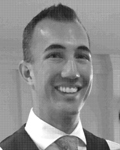
Richard J. Church, MD, FACMT
Richard Church, MD is an Assistant Professor and board-certified emergency medicine physician and medical toxicologist at the University of Massachusetts Medical Center in Worcester, MA. He attended medical school at Tufts University School of Medicine and completed his Emergency Medicine Residency as well as his Medical Toxicology Fellowship at the University of Massachusetts Medical Center. He is currently serving as the Assistant Program Director of the Emergency Medicine Residency at UMass.
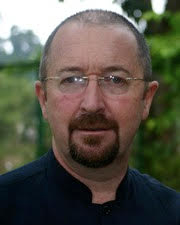
Andrew H. Dawson, MBBS, FACMT
Andrew Dawson is the Clinical Director of the NSW Poisons Information Centre, Director of Clinical Toxicology Royal Prince Alfred Hospital, Clinical Professor of Medicine at University Sydney, and Program Director of the South Asian Clinical Toxicology Research Collaboration (SACTRC He is the current scientific chair and a past president of the Asia Pacific Association of Medical Toxicology. His active research areas include hospital-based clinical trials, community interventions, and epidemiology both in Australia and Sri Lanka. He has developed and delivered distance education courses in clinical toxicology since 2004.

Sophie Gosselin, MD, FACMT
Dr. Sophie Gosselin completed her residency in emergency medicine at McGill University in 2002 and a subspecialty in medical toxicology with the Poison Control Center of Quebec, the Mater Hospital in Newcastle Misericordiae Australia, and internships St-Thomas & Guy, London, England, and Edinburgh Royal Infirmary, Scotland 2003-2005. She also completed a Certificate in Health Administration from the University of Montreal in 2003.
She works as an emergency physician and medical toxicologist at the McGill University Health Centre. She led their medical toxicology consultation service during its years in activity from 2010-2015 and was coordinating the resident elective in medical toxicology. She also works as a consultant for the Centre Antipoison du Québec and the Province of Alberta Drug information Services.
She participates in several research groups on the systematic evaluation of the evidence for various therapies in medical toxicology such as EXTRIP and the Canadian Acetaminophen Overdose Study. She is a member of the board of the American Academy of Clinical Toxicology and chair of the Scientific Review Committee as well as the chair of the Lipid Emulsion In Clinical Toxicology workgroup. Her interests are in the evaluation of practice variability, evidence-based systematic reviews to create clinical recommendations as well as toxicology education to assist physicians in providing the best care possible for poisoned patients.
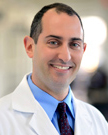
Spencer C. Greene, MD, FACMT
Spencer Greene, MD, MS is the Director of Medical Toxicology and an Assistant Professor of Medicine and Pediatrics in the Sections of Emergency Medicine at Baylor College of Medicine. He directs the emergency and inpatient toxicology consultation services at Texas Children’s Hospital and Ben Taub General Hospital and serves as a consulting toxicologist for the Southeast Texas Poison Center. Since 2013 Dr. Greene has served as course director for the annual Houston Venom Conference.
Dr. Greene earned his BA in biology and psychology from Washington University in St. Louis and his MS in immunology from C.W Post, Long Island University. He received his MD from Albany Medical College. He completed his emergency medicine residency at Vanderbilt University Medical Center and his medical toxicology fellowship at Banner Good Samaritan Medical Center in Phoenix.

Stacey L. Hail, MD, FACMT
Stacey L. Hail, MD is an Associate Professor of Emergency Medicine and Medical Toxicology at the University of Texas Southwestern Medical Center. She currently serves as an attending physician in the Parkland Hospital Emergency Department and the North Texas Poison Center. Dr. Hail received a Bachelor of Science in Chemistry at Southern Methodist University in 1995. After receiving her Medical Degree at the Medical College of Georgia in 1999, she completed both her emergency medicine residency and medical toxicology fellowship at Parkland Hospital in Dallas, Texas.
Dr. Hail has a prolific forensic toxicology practice serving as an expert witness for attorneys throughout the United States. She has testified multiple times as a witness for the Department of Justice involving federal drug crimes. Her toxicology interests include methodology for the cause of death determinations, sudden death in custody and the excited delirium syndrome, and the national opioid epidemic. Dr. Hail also has provided toxicology commentary for local and national news venues and for documentaries on the National Geographic channel, the BBC, and the Oxygen channel.

William J. Holubek, MD, MPH, FACMT
Bill Holubek completed his emergency medicine residency training at Morristown Memorial Medical Center and his medical toxicology training at NYU/Bellevue and the New York City Poison Control Center. He is board-certified in emergency medicine and medical toxicology. Dr. Holubek earned his MPH in Healthcare Management at Columbia University Mailman School of Public Health and is currently Chief Medical Officer at CarePoint Health – Christ Hospital in Jersey City, New Jersey.
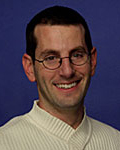
Michael Levine, MD, FACMT
Dr. Levine, a Southern California native, completed medical school in Chicago, and residency in emergency medicine at the Brigham and Women’s/Massachusetts General Hospital in Boston, MA. Following residency, he completed his medical toxicology fellowship at the Banner Good Samaritan Medical Center in Phoenix, AZ. Currently, he is an assistant professor of emergency medicine at the University of Southern California, Keck School of Medicine, Los Angeles, CA, and also continues to attend part-time the in-patient toxicology service at Good Samaritan in Phoenix.

Jenny Lu, FACMT
Jenny Lu is currently an attending physician in the Division of Medical Toxicology, Department of Emergency Medicine at Stroger Hospital in Chicago, Illinois.

Gerald Maloney, DO, FACMT
Dr. Maloney is board certified in emergency medicine and medical toxicology. He holds an academic appointment as an assistant professor of emergency medicine and pediatrics at Case Western Reserve University. He obtained his medical degree from University of New England College of Osteopathic Medicine in 2000, and completed his residency in emergency medicine at Doctors Hospital in Columbus, OH, and his fellowship at the Toxikon Consortium in Chicago. He is an Army Reserve officer and OIF veteran. He lives in the Cleveland area with his wife and 3 children and works at MetroHealth Medical Center, where he practices emergency medicine and medical toxicology, with involvement in both patient safety and addiction medicine.
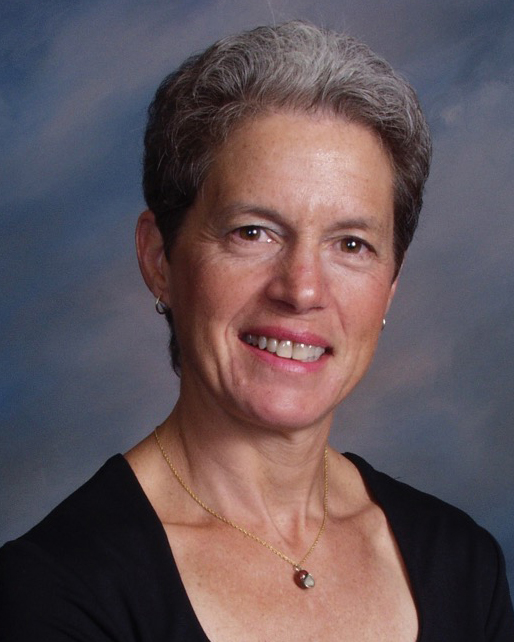
Patricia Rosen, MD, MPH, FACMT
Dr. Rosen received her Masters in Public Health from Tulane University of Public Health and her Medical Degree from the Medical College of Ohio. Fellowship in Toxicology was achieved at UTMB under the tutelage of Dr. Wayne Snodgrass. Dr. Rosen is board certified in Medical Toxicology, Emergency Medicine, and Internal Medicine.
She served as the medical director of the Central Texas Poison Center from 1992 to 1997 and has worked in emergency medicine for 34 years and has been practicing toxicology for the past 24 years.
Other interests include preventive medicine. She has been an active member of the Austin Mayor’s Fitness Council in the past. Her office provides consultation to local businesses in diet and exercise at the worksite, and the benefits of investing in human capital.

Craig G. Smollin, MD, FACMT
Dr. Smollin is an Associate Professor of Emergency Medicine at the University of California San Francisco. He has served as the fellowship director of the UCSF medical toxicology fellowship program since 2009, and he is the Co-medical director of the San Francisco division of the California Poison Control System.
Dr. Smollin completed his emergency medicine residency at NYU/Bellevue and his medical toxicology fellowship at UCSF. He is actively engaged in research and the education of medical students, pharmacy students, residents and fellows through the poison control center and the medical toxicology consult service at San Francisco General Hospital.
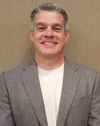
Stephen J. Traub, MD, FACMT
Stephen Traub, MD is an Associate Professor of Emergency Medicine and Chairman of the Department of Emergency Medicine at Mayo Clinic Arizona. He trained in emergency medicine at Harbor-UCLA and in medical toxicology at the New York University/New York City Poison Control Center. His past and current toxicology interests include body packing, contrast nephropathy, and Emergency Department resource utilization for poisoned patients.

Steven J. Walsh, MD, FACMT
After graduating from Duquesne University and the Pennsylvania State University College of Medicine, Dr. Walsh completed his emergency medicine residency at Christiana Care Health System in Newark, Delaware. He subsequently returned home for his medical toxicology fellowship training at the University of Pittsburgh Medical Center.
Dr. Walsh’s academic mission focuses on bedside critical care toxicology; however, he is deeply involved in remote care of the poisoned patient via poison centers, toxicology research, and fellow and resident education. He is board-certified in both medical toxicology and emergency medicine.
Dr. Walsh has been involved with ACMT since his fellowship. His activities with the College have included serving on the ACMT Education Committee, co-Chairing the National Grand Rounds workgroup, helping to coordinate and lecturing at the College’s Board Review Course, and actively contributing to the ToxIC Registry.
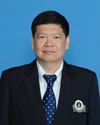
Winai Wananukul, MD, FACMT
Dr. Winai Wananukul graduated from the Faculty of Medicine Ramathibodi Hospital, Mahidol University, Thailand in 1984. After being a general practitioner in the rural area for 3 years, he was trained as an Internal Medicine resident and earned the Thai Board of Internal Medicine in 1990. Since 1990, he has been working as a faculty member of the Division of Clinical Pharmacology and Toxicology, Department of Medicine Ramathibodi Hospital Mahidol University. He was a fellow in Clinical Pharmacology and Toxicology at the University of Minnesota, USA in 1993-1995. He has been a member of The American College of Medical Toxicology since 1996. He was one of the founders of the Thai Society of Clinical Toxicology and a secretary general. He is the Past President of the society. Dr. Winai was also the Past President of the Asia Pacific Association of Medical Toxicology from 2008to 2010.
Currently, Dr. Winai is a Professor of Medicine, the Department of Medicine, Faculty of Medicine Ramathibodi Hospital Mahidol University. For the administrative position, he is the Director of Ramathibodi Poison Center and Deputy Director of Ramathibodi Hospital.
